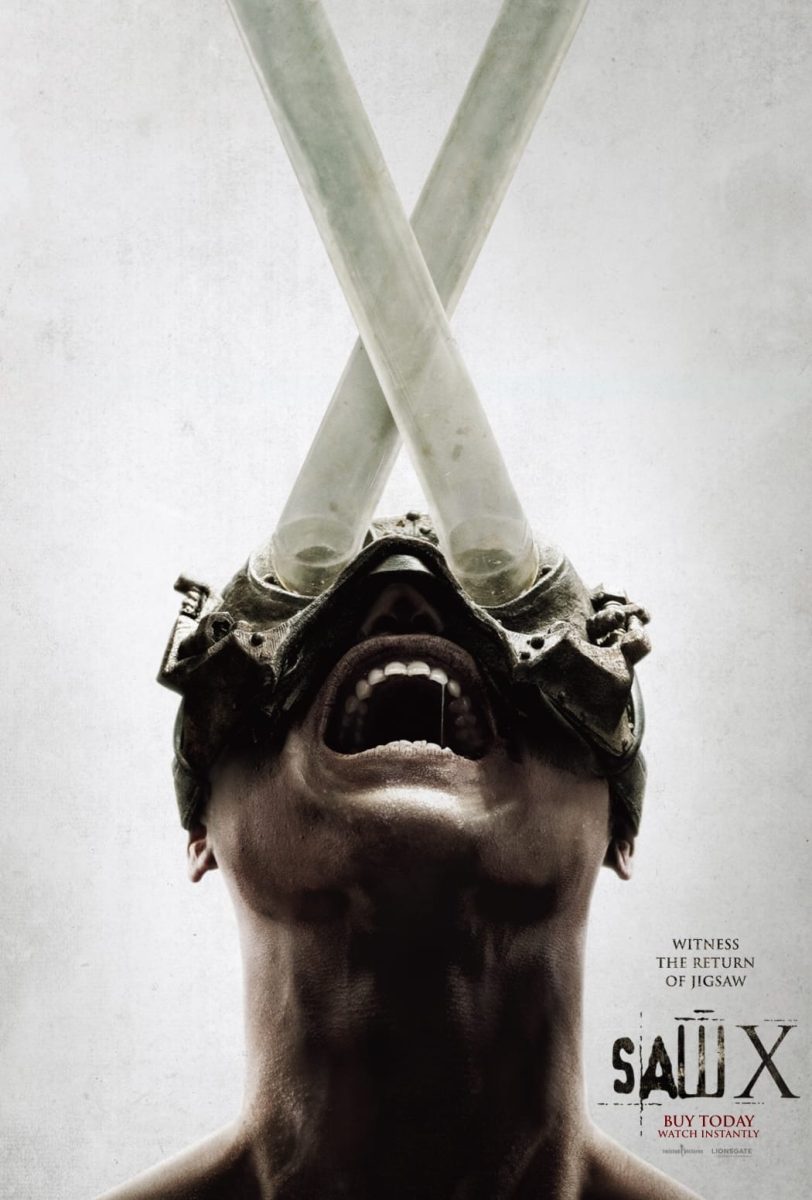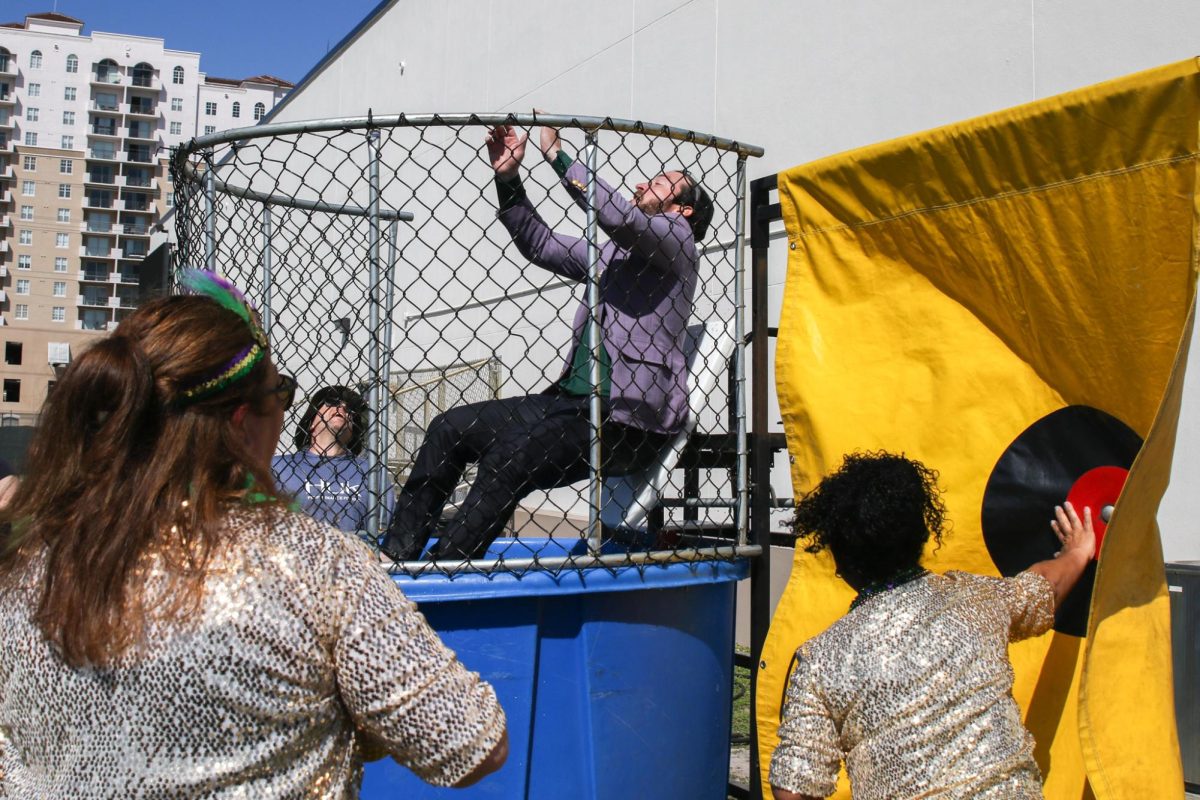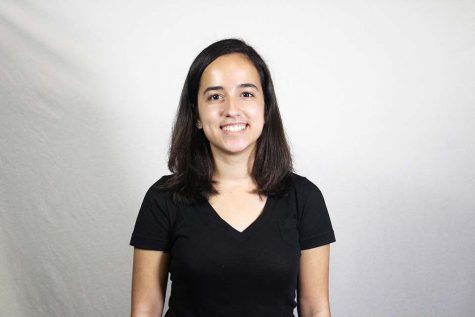The flag of France adorned what seemed like every Facebook profile picture after the terror attacks in Paris on Nov. 13. Even though ISIS bombed Beirut, Lebanon just a day earlier, I saw no pictures featuring the Lebanese flag. Some say that the limited coverage was because it occurred on a smaller scale, with 43 dead compared to the 130 who died in Paris. However, the attacks in Yemen on March 20, 2015 (137 killed) and in Turkey on October 10, 2015 (97 killed) receiving limited headline news brings us to one inevitable conclusion: our media has become increasingly whitewashed in our disregard for non-western events.
After the Brussels bombing, overwhelming tributes to the dead and investigations into the bombers occupied every newshour. I couldn’t help but wonder why the same wasn’t being done for the attacks in Turkey that occurred just days earlier. Living in a post 9/11 world, we have accepted violence and warfare as daily life within the Middle East; a bombing in Libya is hardly considered news.
While terrorism in the Middle East is undercovered, the same cannot be said for the attacks in the Western world. This ultimately has unintended consequences. In an attempt to provide Americans with a sense of the true threat ISIS poses to society, media outlets such as CNN and Fox are instead creating a more isolationist mindset in which we view ISIS as an organization whose sole mission is to terrorize the Western world. In fact, this fear grew stronger even before the Paris attacks. A Gallup poll conducted in November 2015 revealed that the percentage of the American public who worried about a possible future terrorist attack in the U.S. rose from 39 percent in 2014 to 51 percent in 2015. With a separate Gallup poll taken in 2013 revealing that over half of the American public rely on television as their main source of news, the media holds an unprecedented amount of influence on citizens’ opinions of terrorism.
Politicians only seem to feed into this fear that has already been heightened by the media. While being interviewed by CNN journalist Anderson Cooper, Republican front-runner Donald Trump commented on the threat of ISIS by claiming “Islam hates us.” Through previous comments, Mr. Trump has made his plan, a temporary ban on Muslims entering the United States, very clear.
“We have to be very vigilant. We have to be very careful,” Mr. Trump said. “And we can’t allow people coming into this country who have this hatred of the United States.”
In addition to the level of ignorance underlying this statement by equating an entire religion with terrorism, with the proportion of Muslims that believe in terrorism being very low, it also plays into the fear some have that ISIS is out to get us. The leading candidate in the race for president giving in to this racist mindset of terrorism doesn’t just affect our present perceptions: it also influences the future actions we take as a nation towards combatting terrorism.
In order to prevent these ideals from continuing to take shape within our society, the media needs to take responsibility in feeding into this white bias. With only four ISIS attacks in the United States, all of which were ISIS-inspired and not directly related to the group, according to The New York Times, ISIS is not an isolated threat. An epidemic such as this requires a coalition consisting of all those affected. Before this is possible, however, the media should reflect the epidemic as it is: a global one.


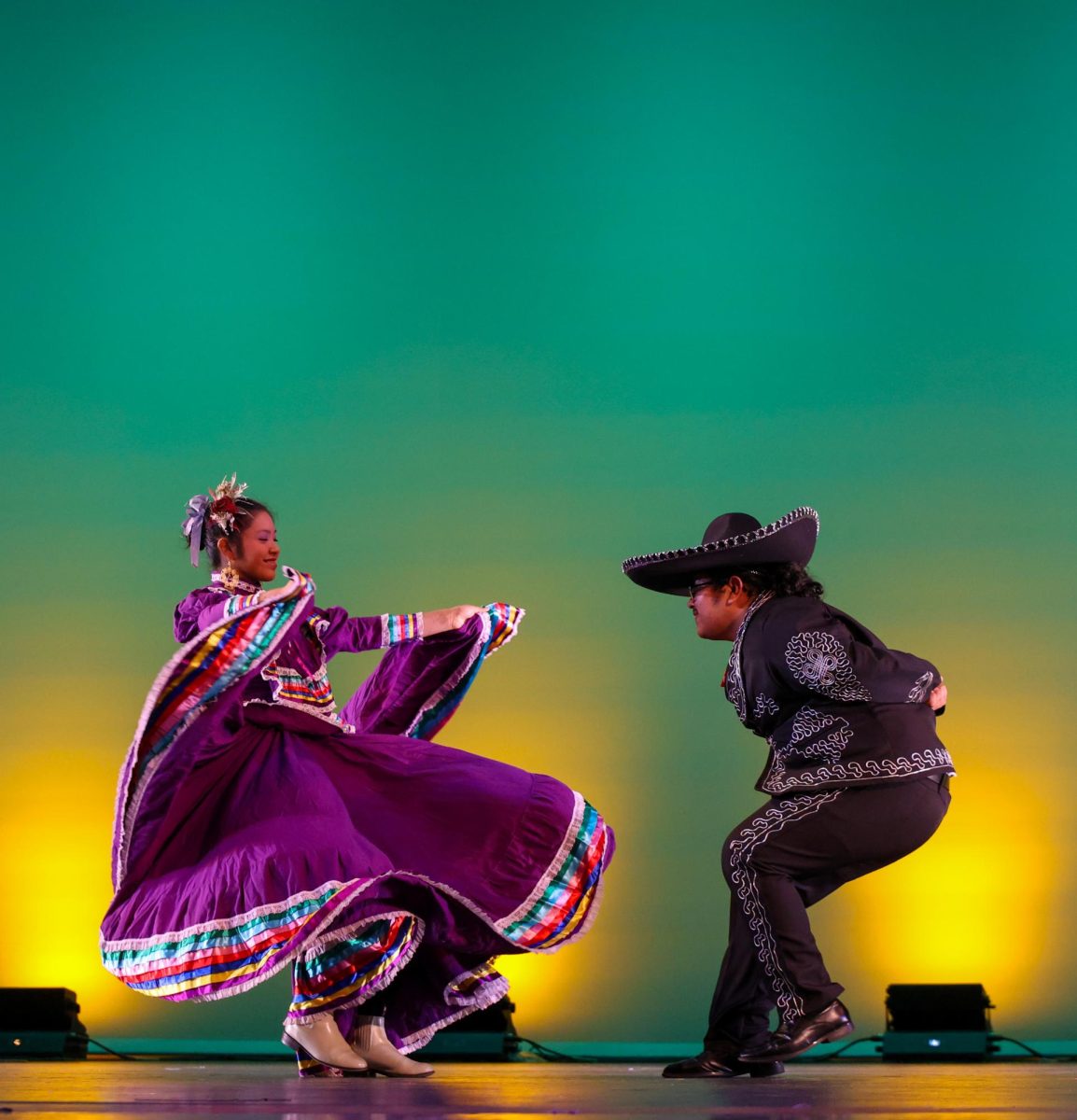

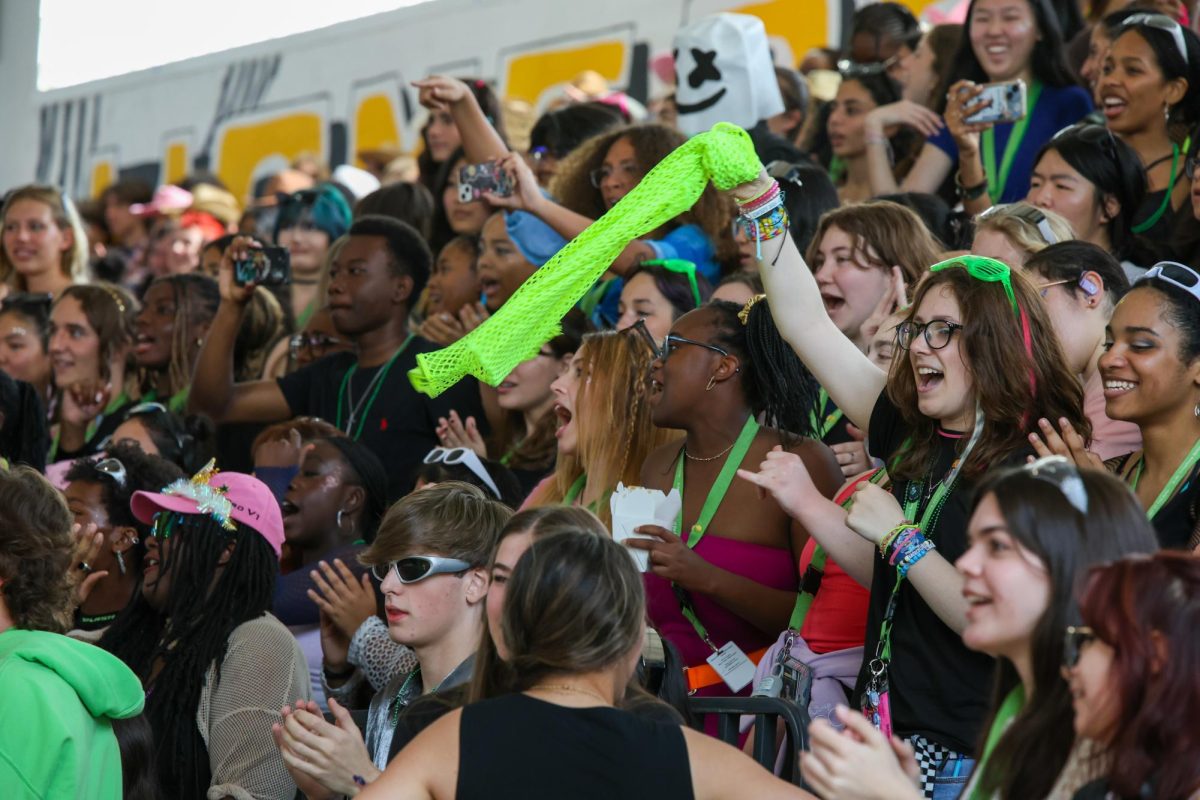
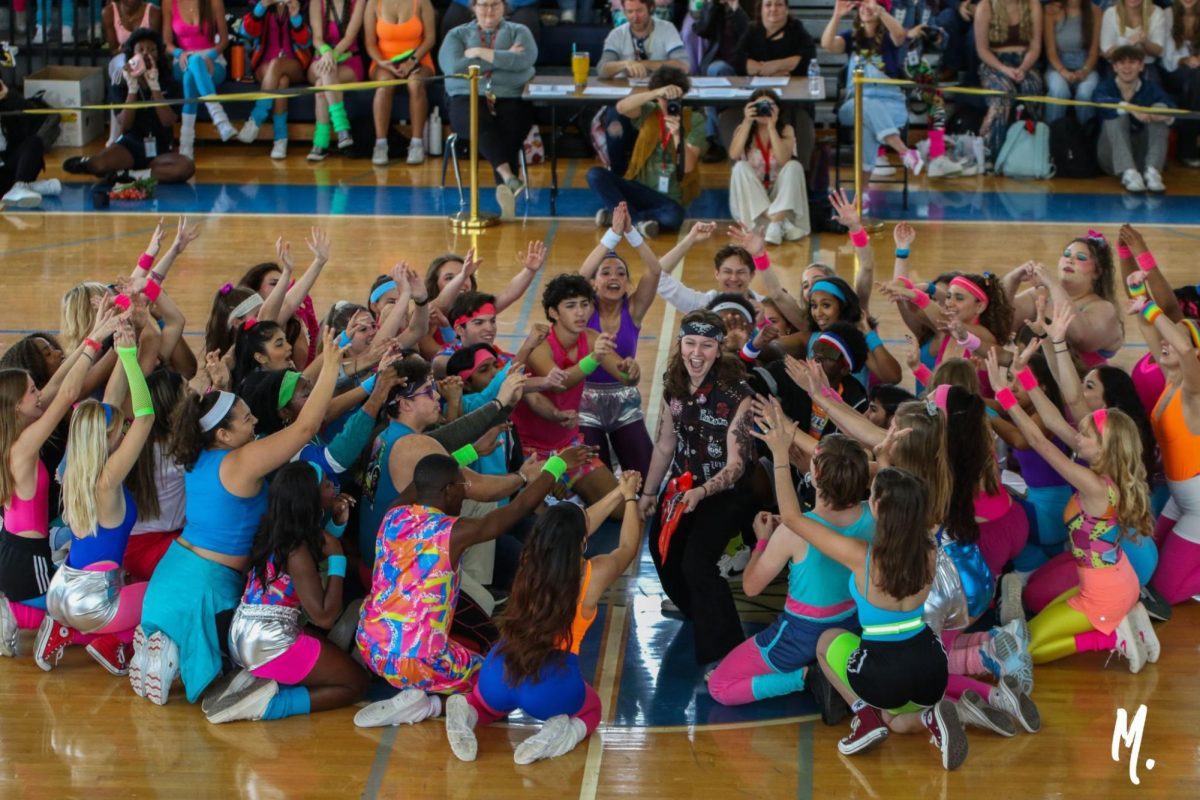
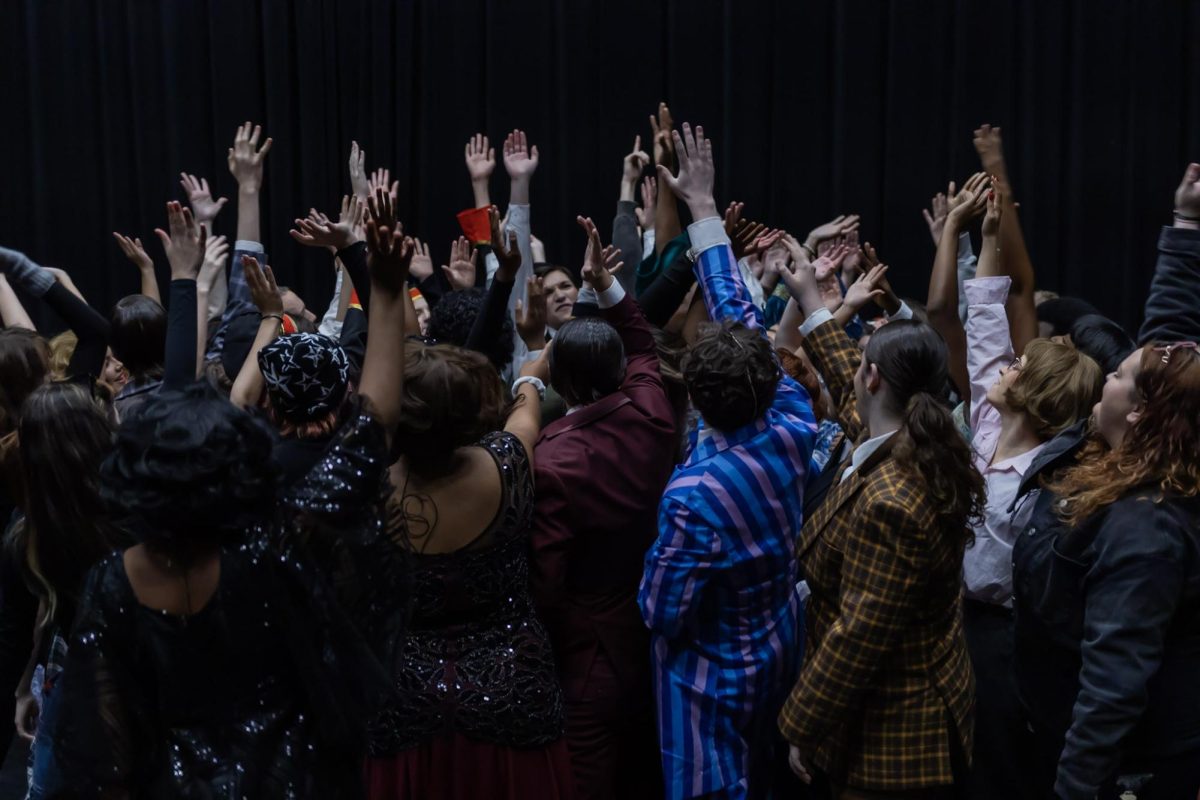
![[BRIEF] Fire Alarm Interrupts Class](https://www.themuseatdreyfoos.com/wp-content/uploads/2023/10/breaking-news-1200x927.png)
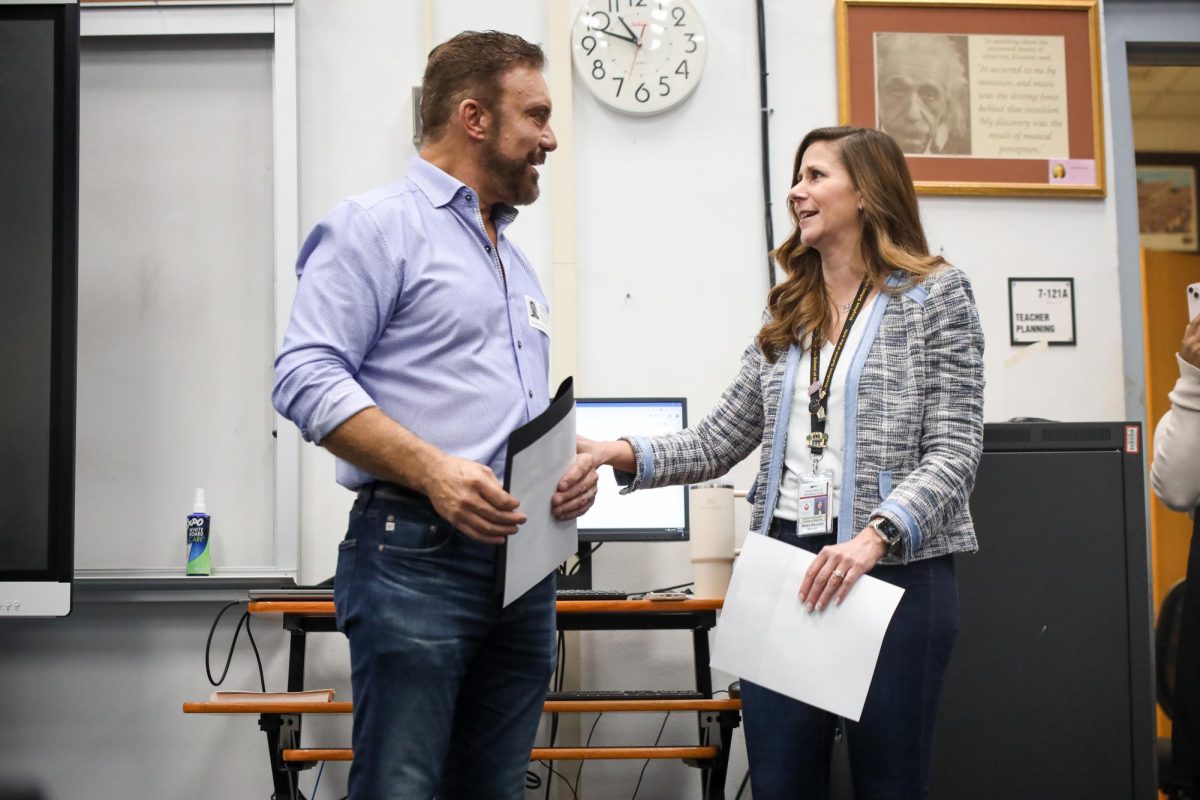
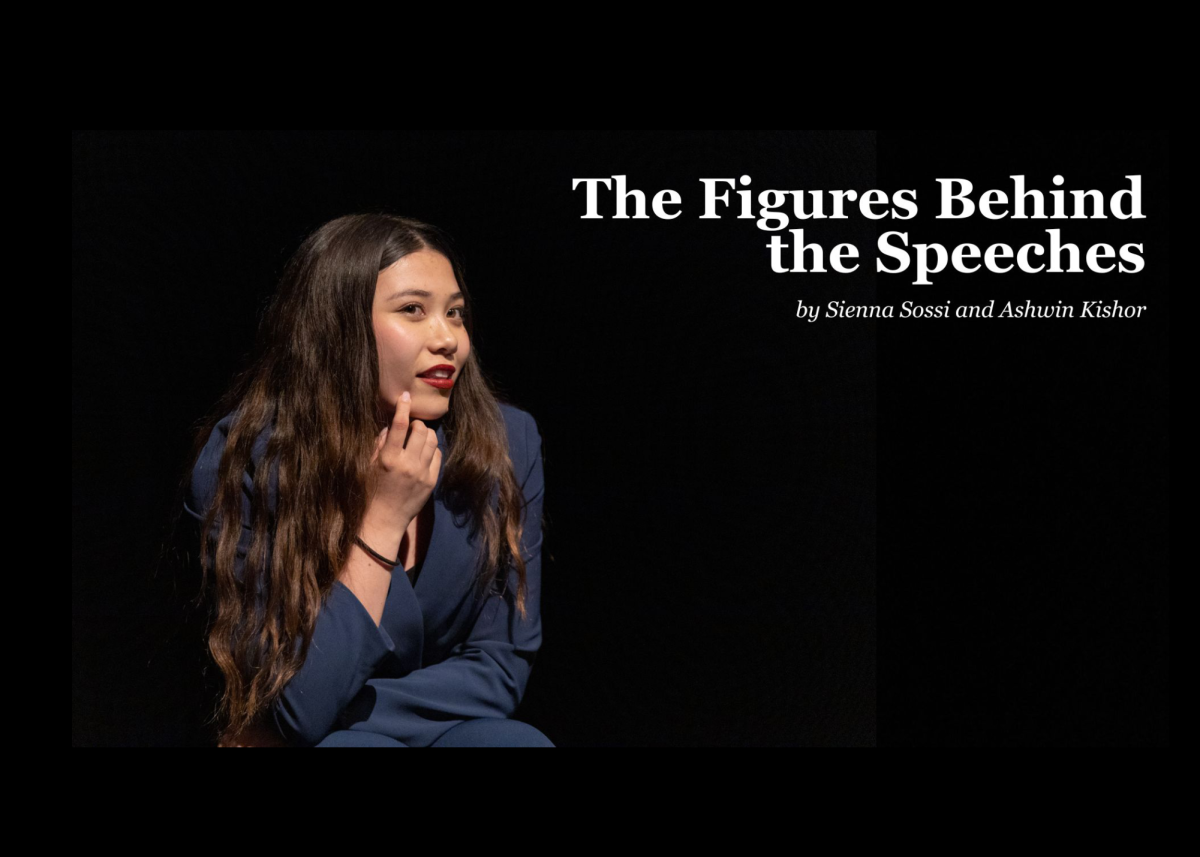
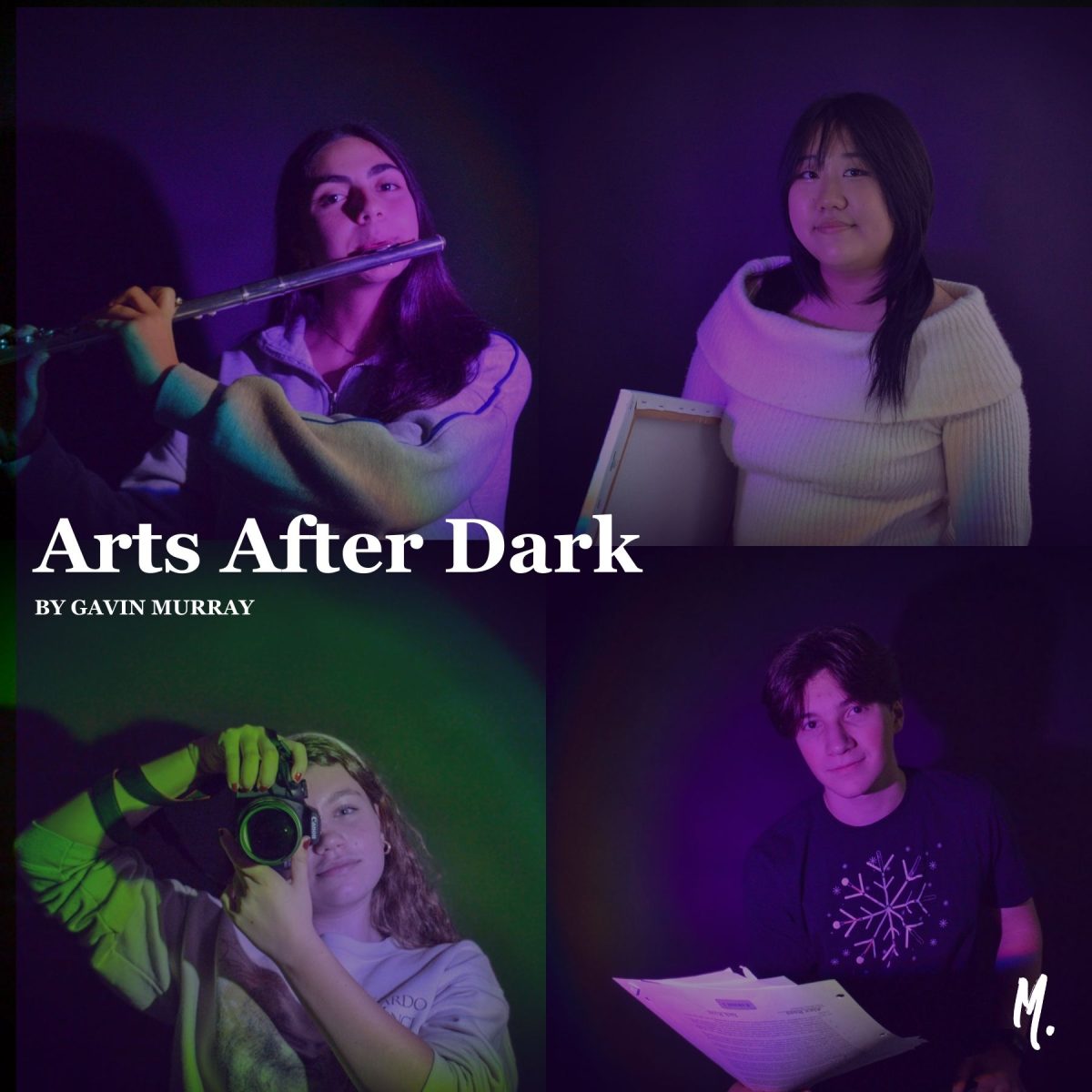
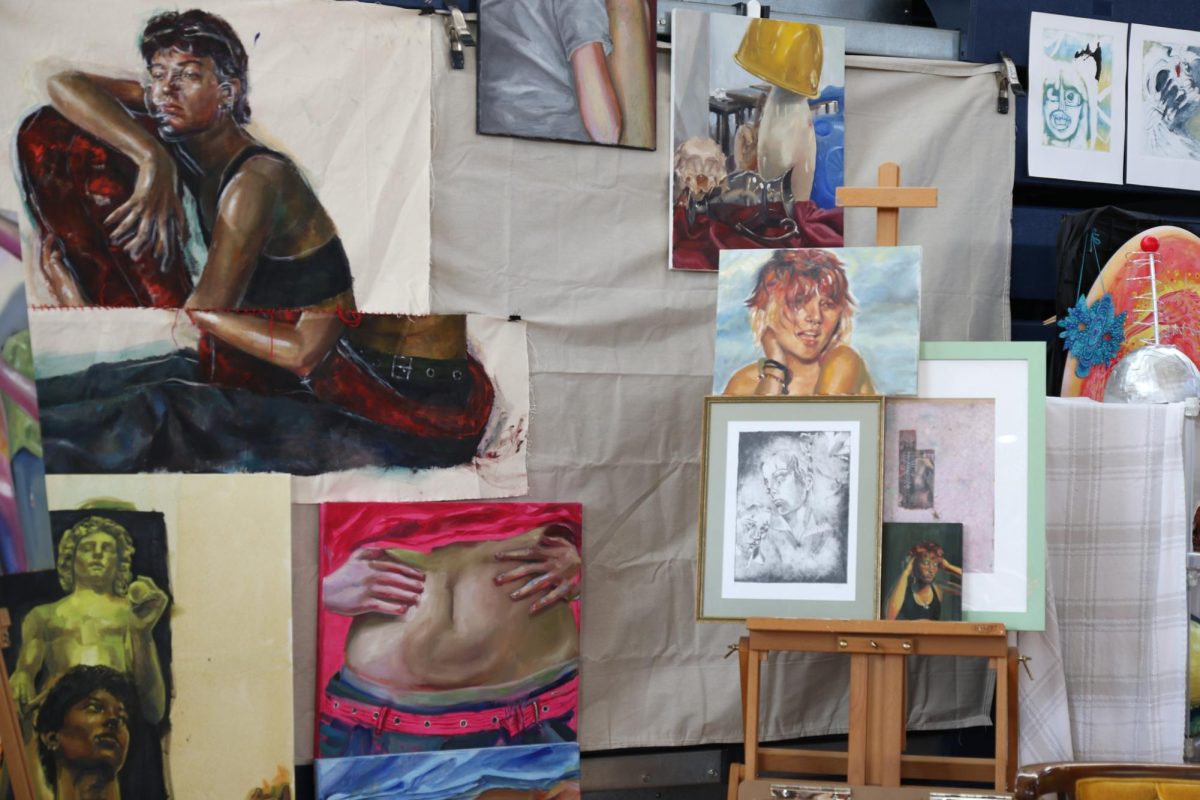
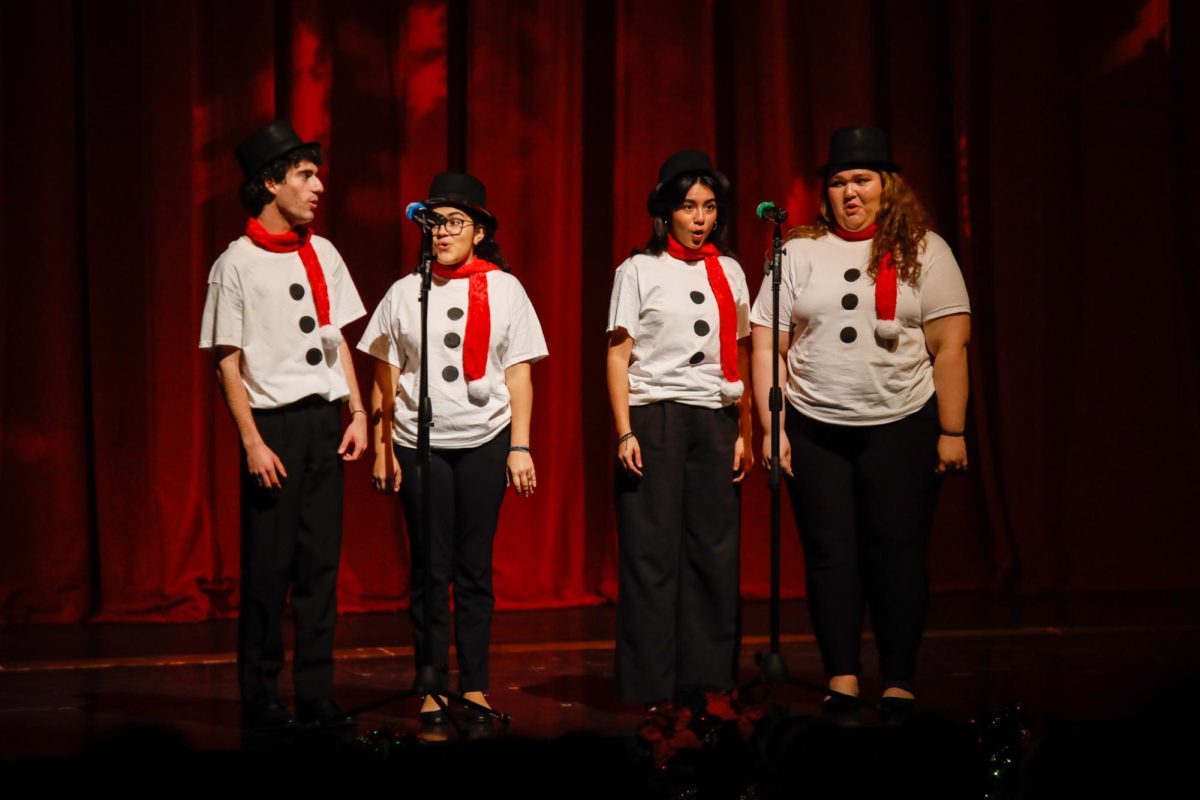
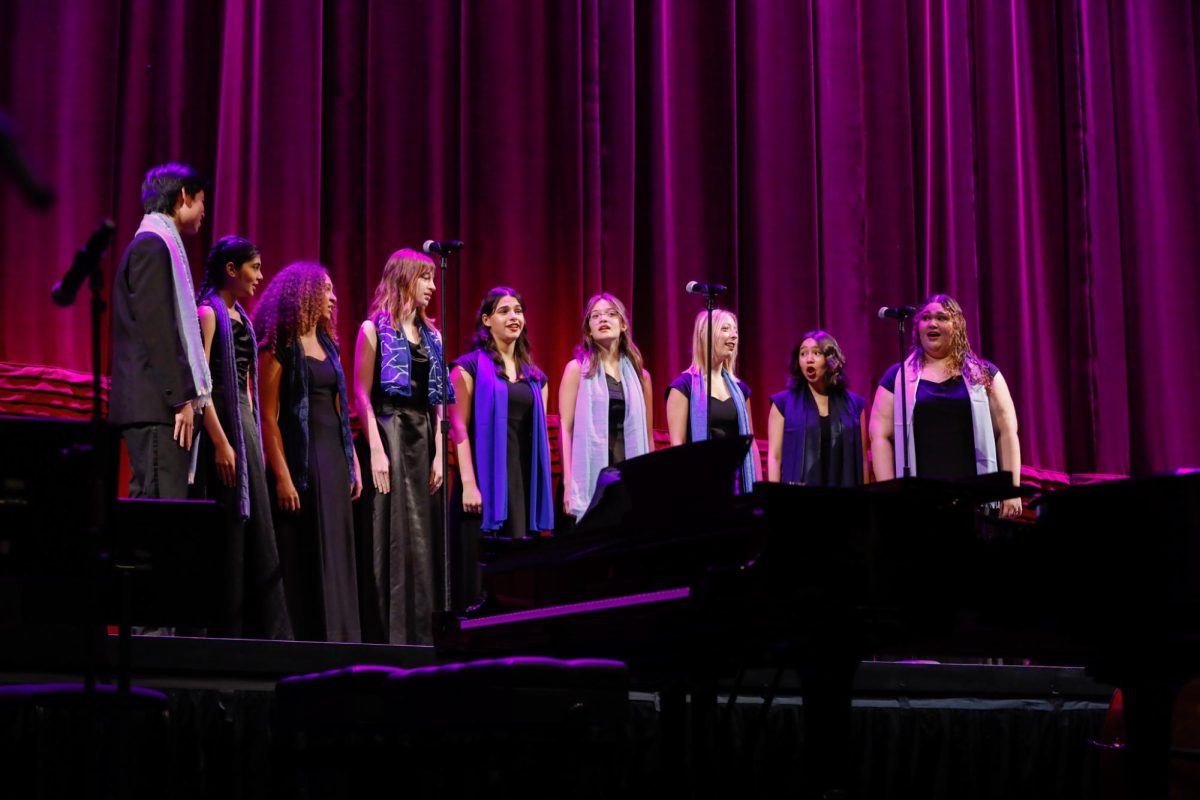
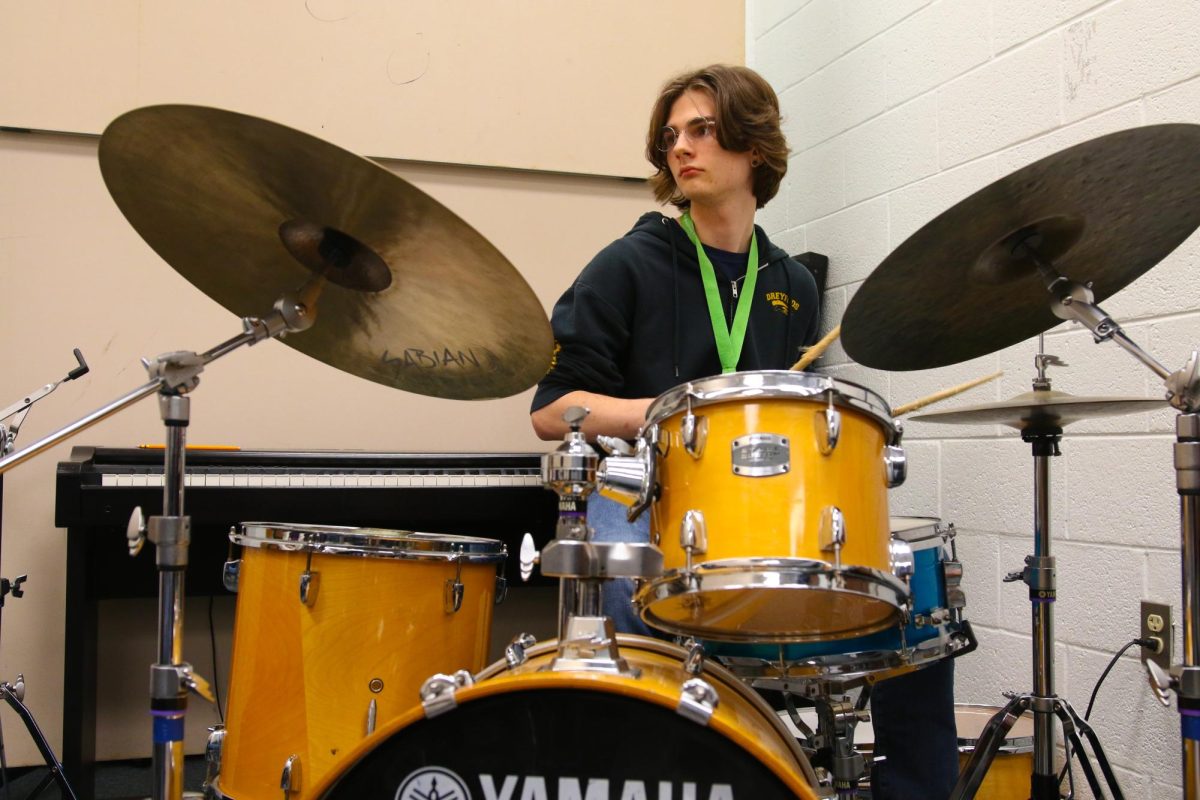
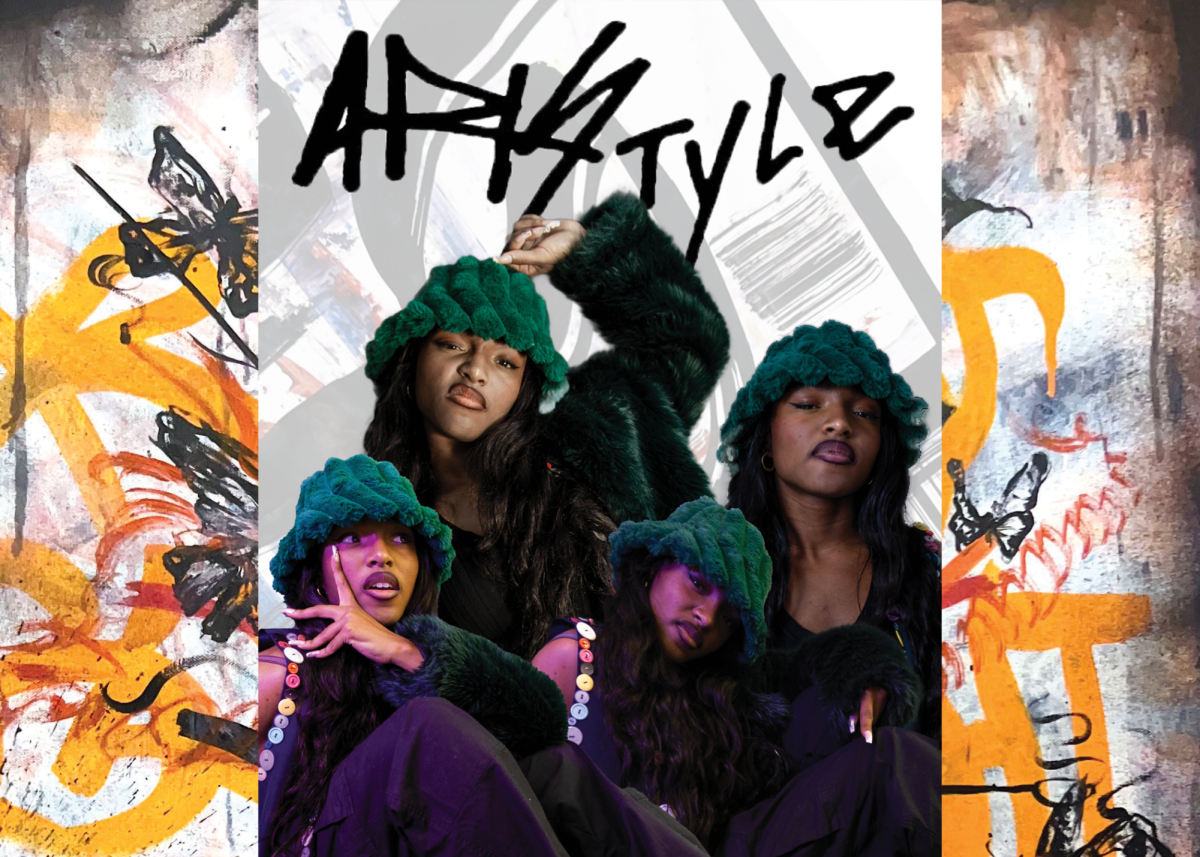
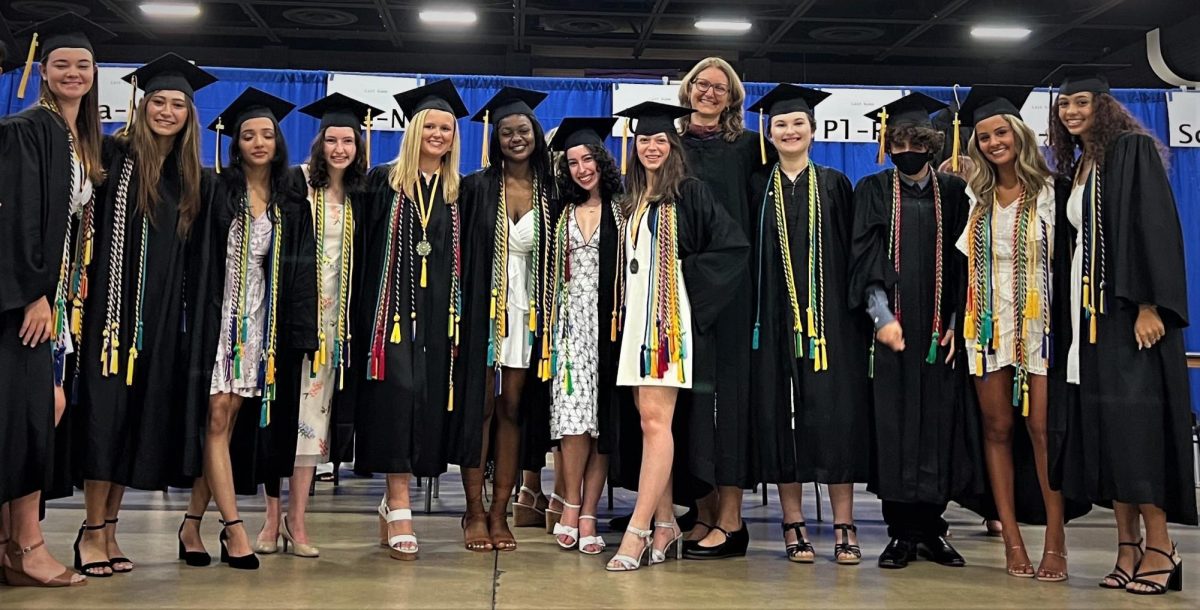
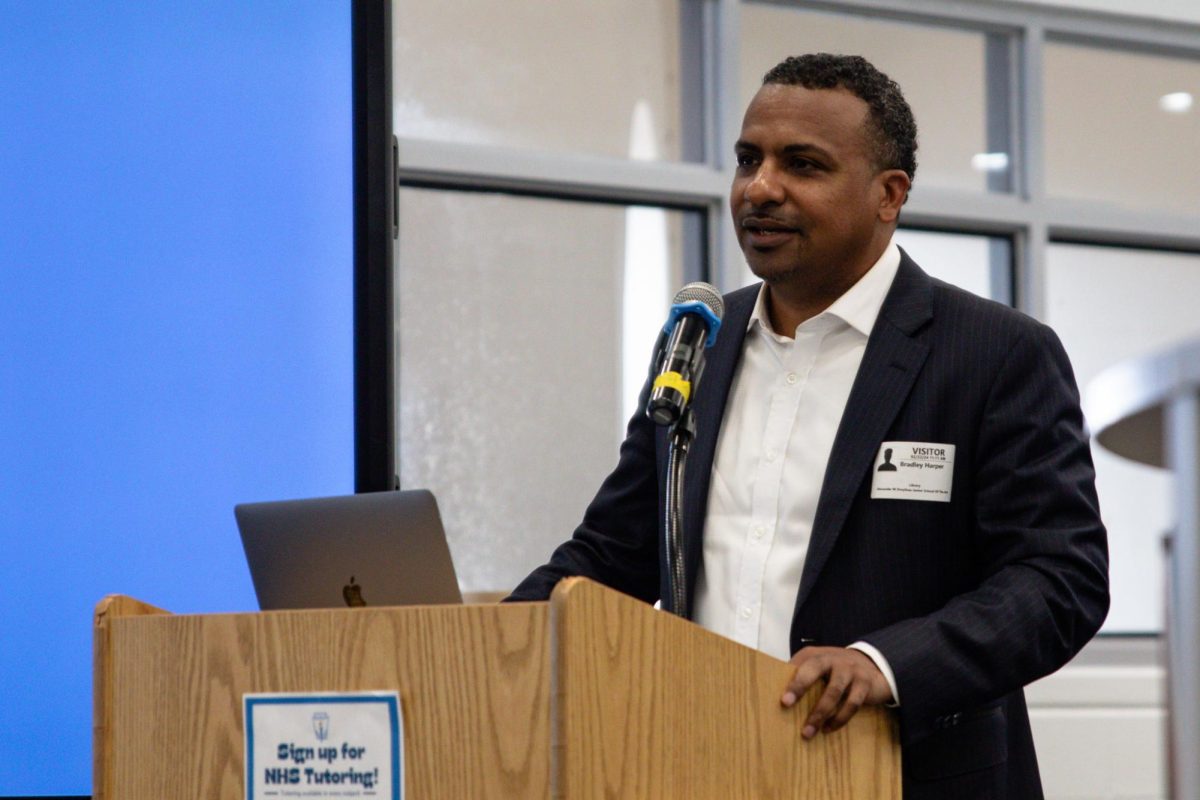
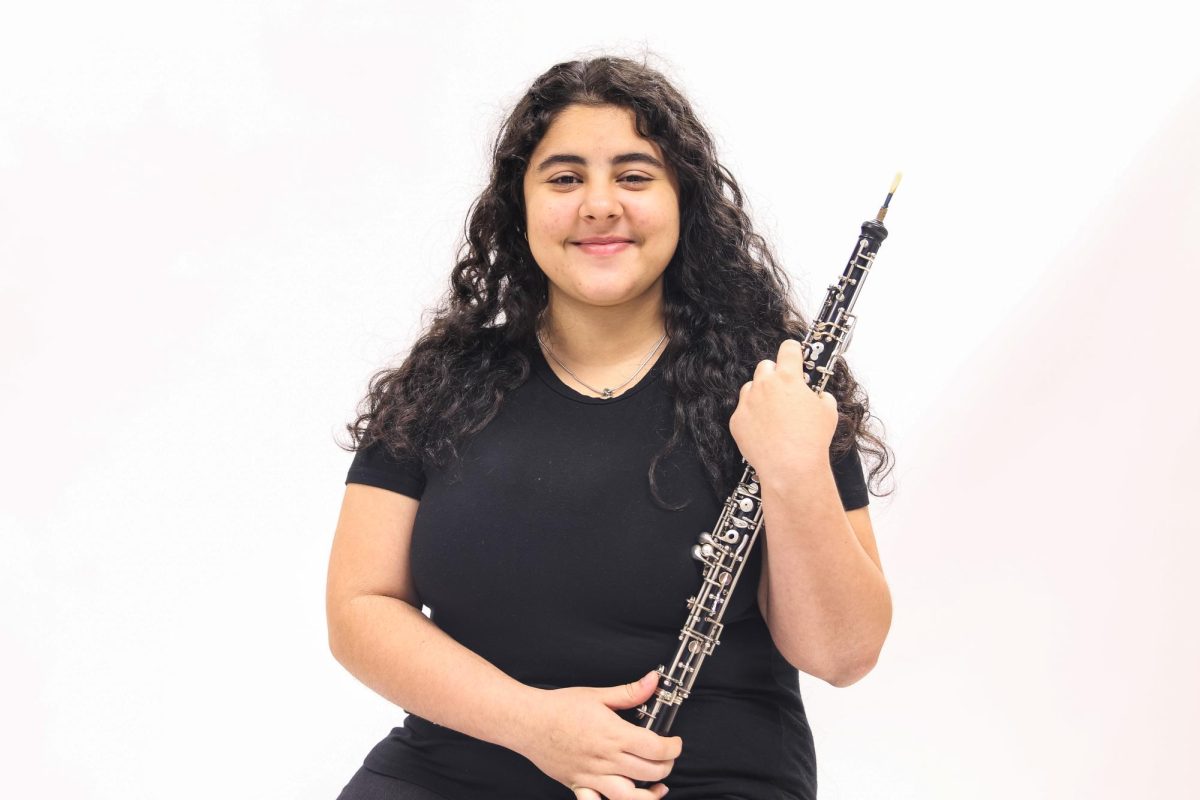
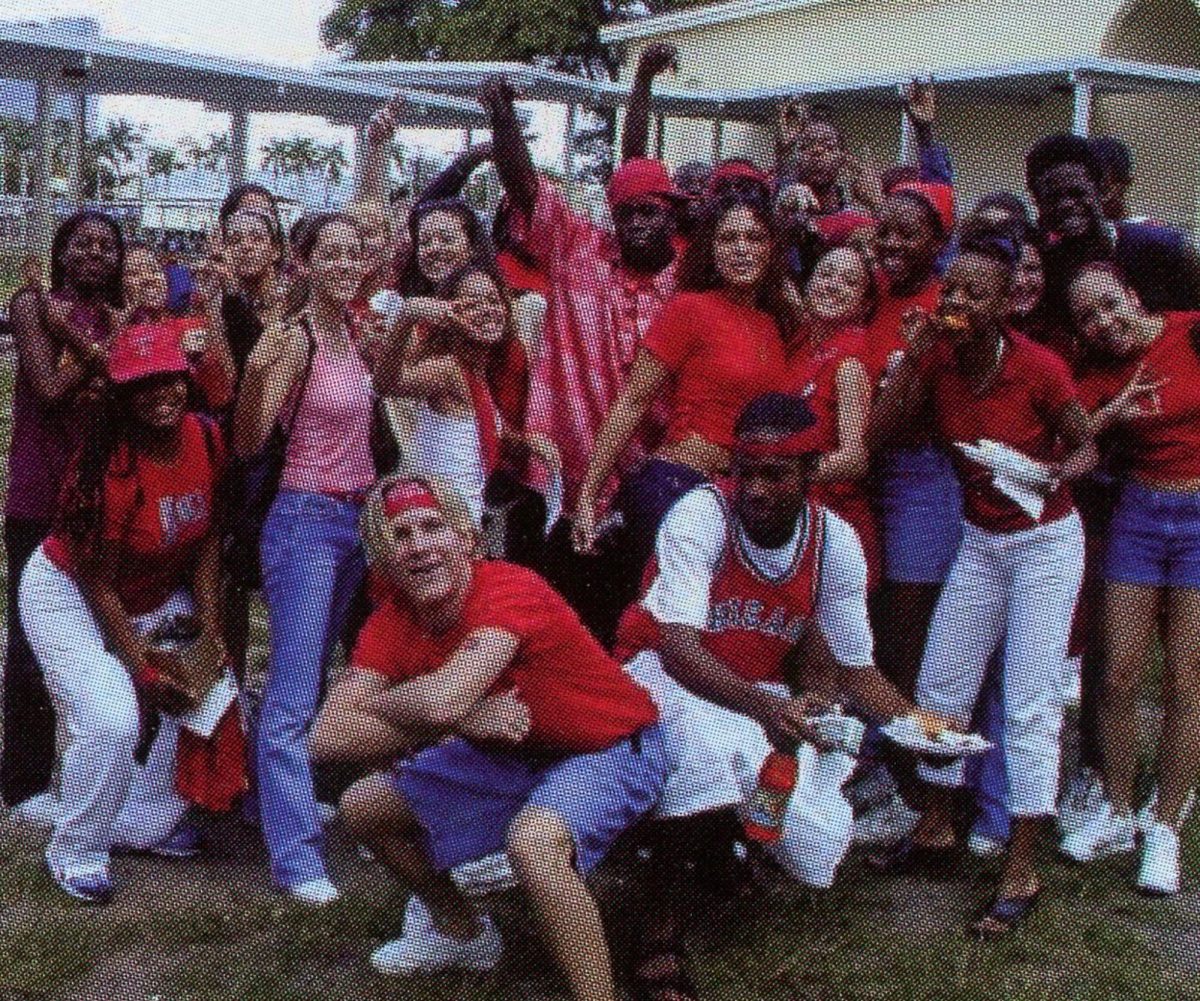
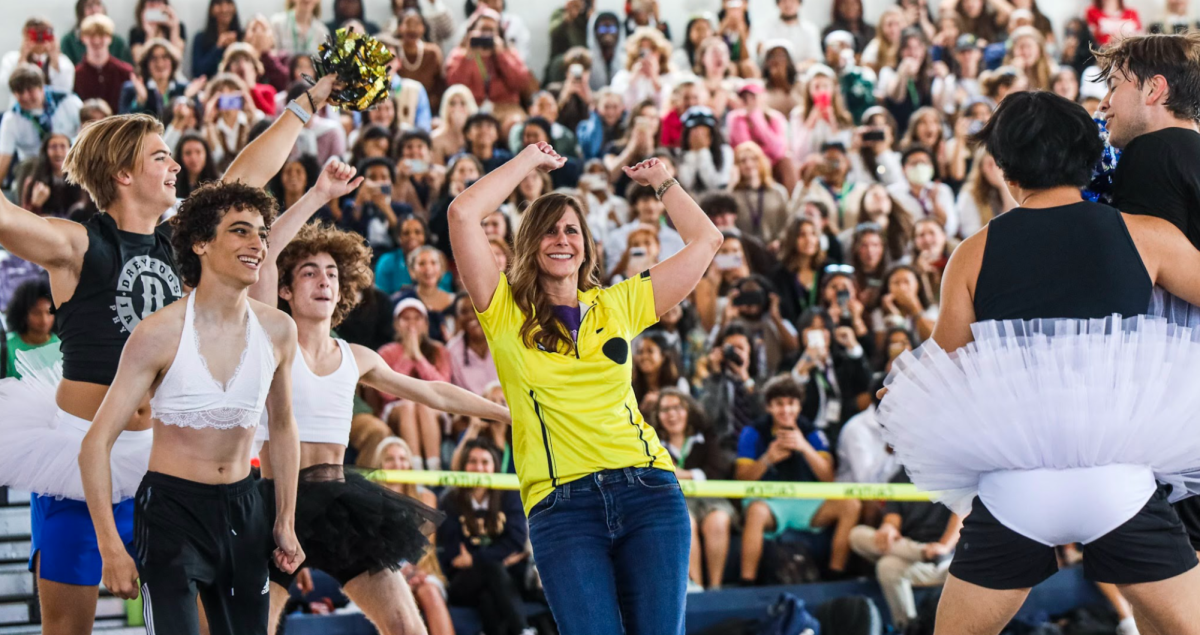

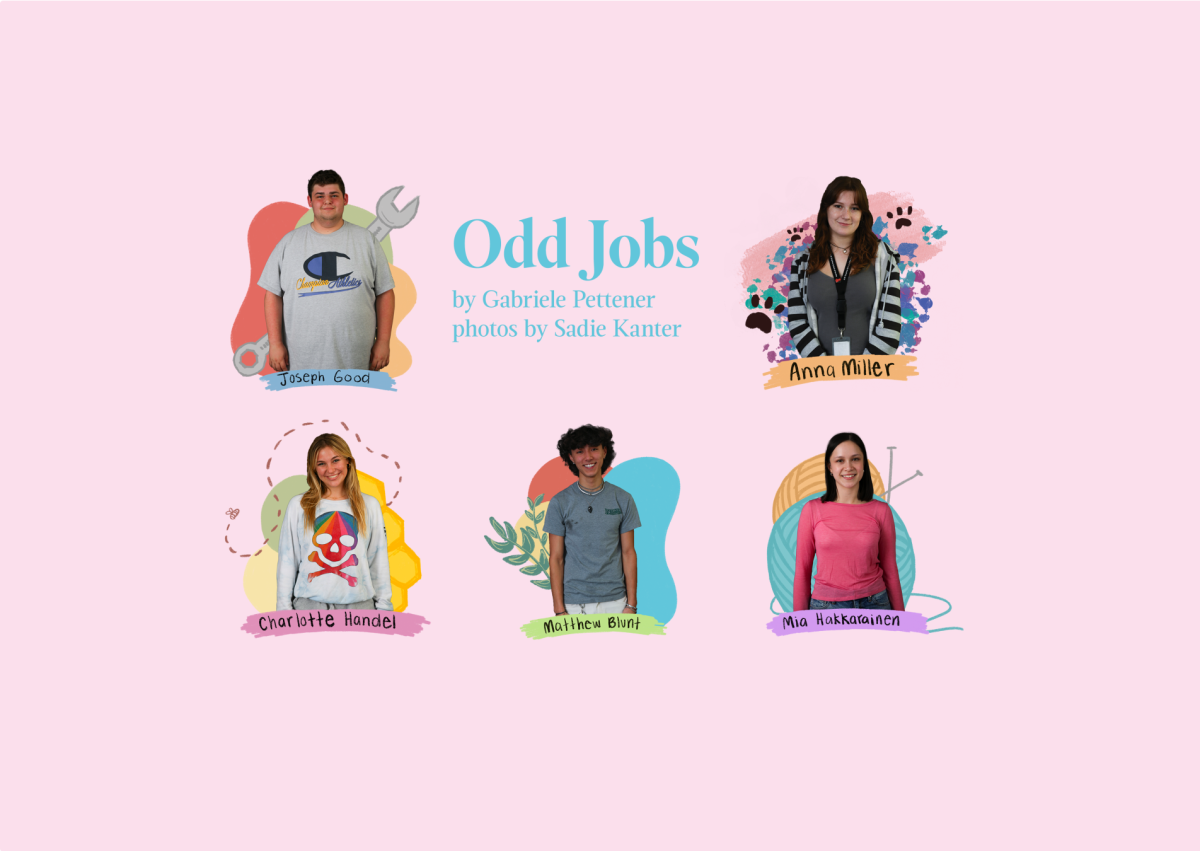
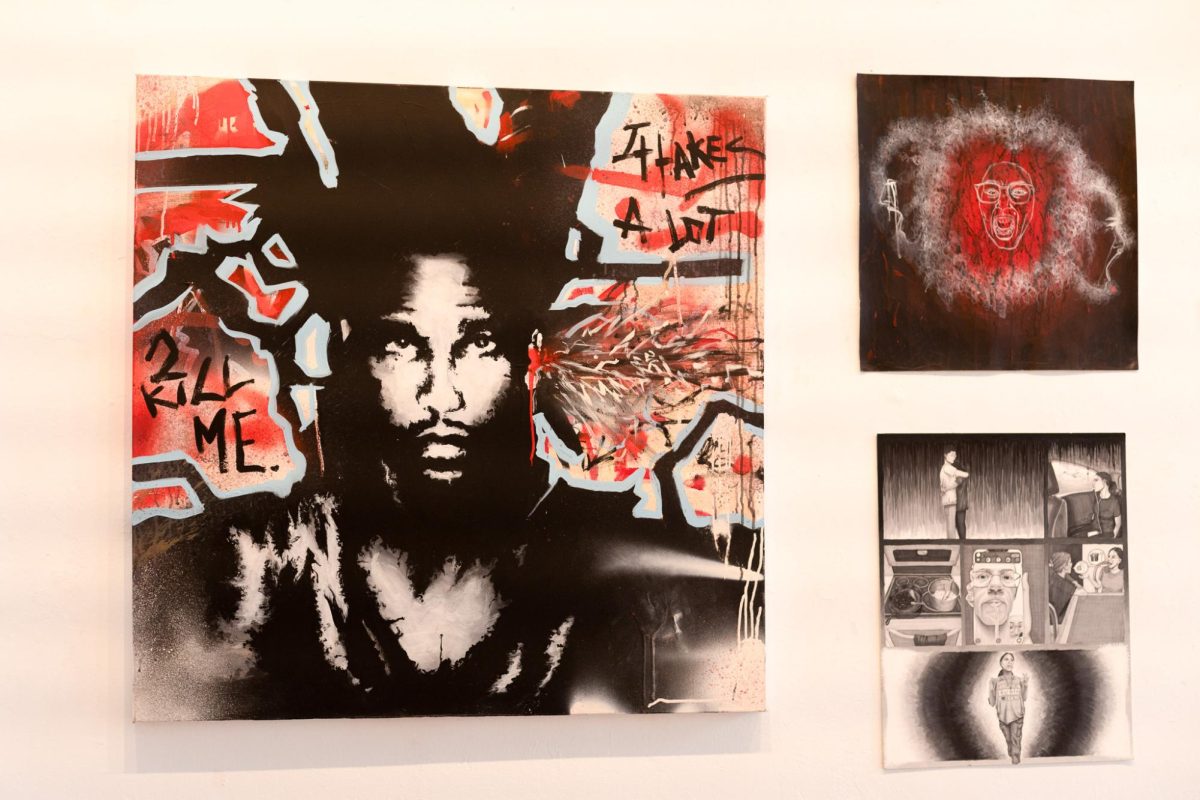


![[SATIRE] Spirit Week: Written in the Stars](https://www.themuseatdreyfoos.com/wp-content/uploads/2024/03/front.png)
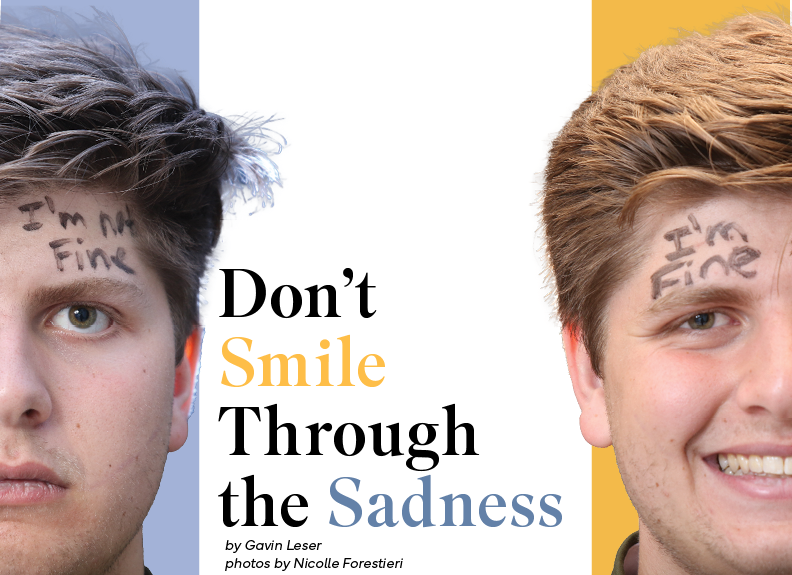
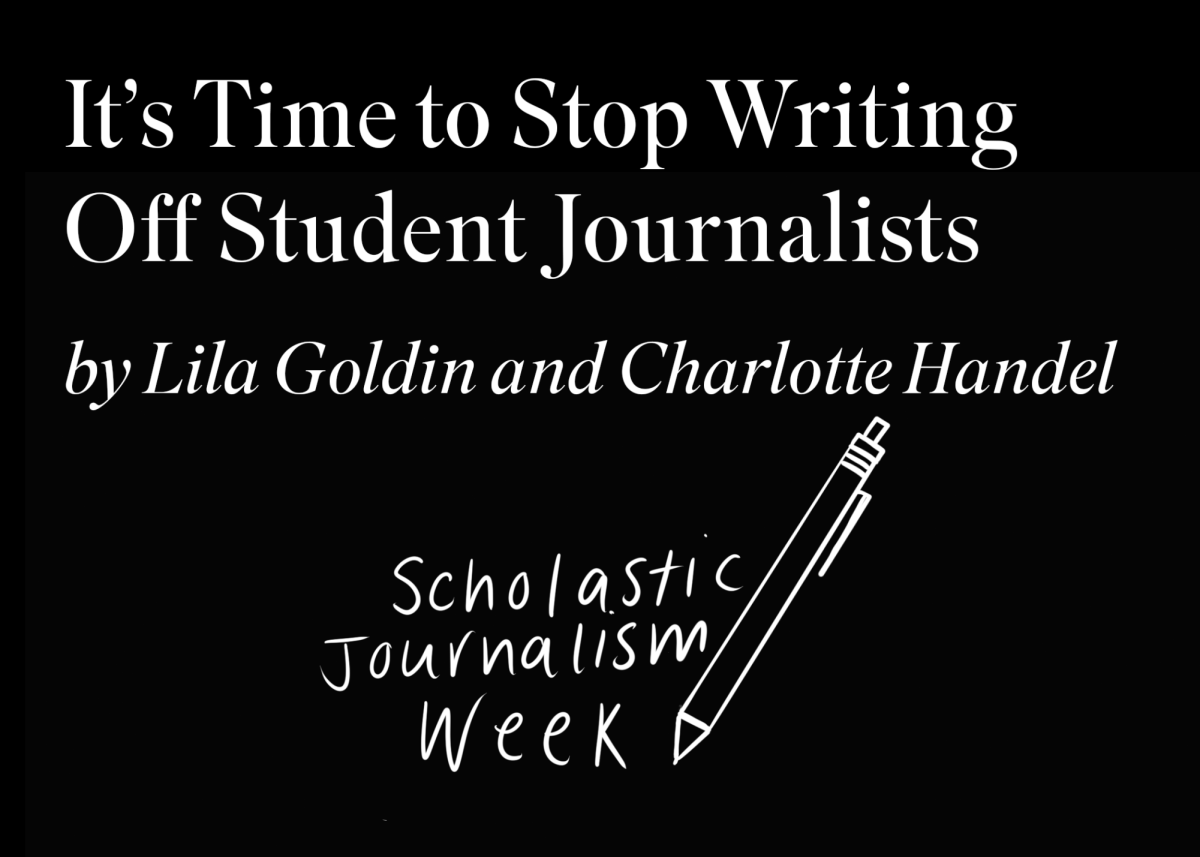

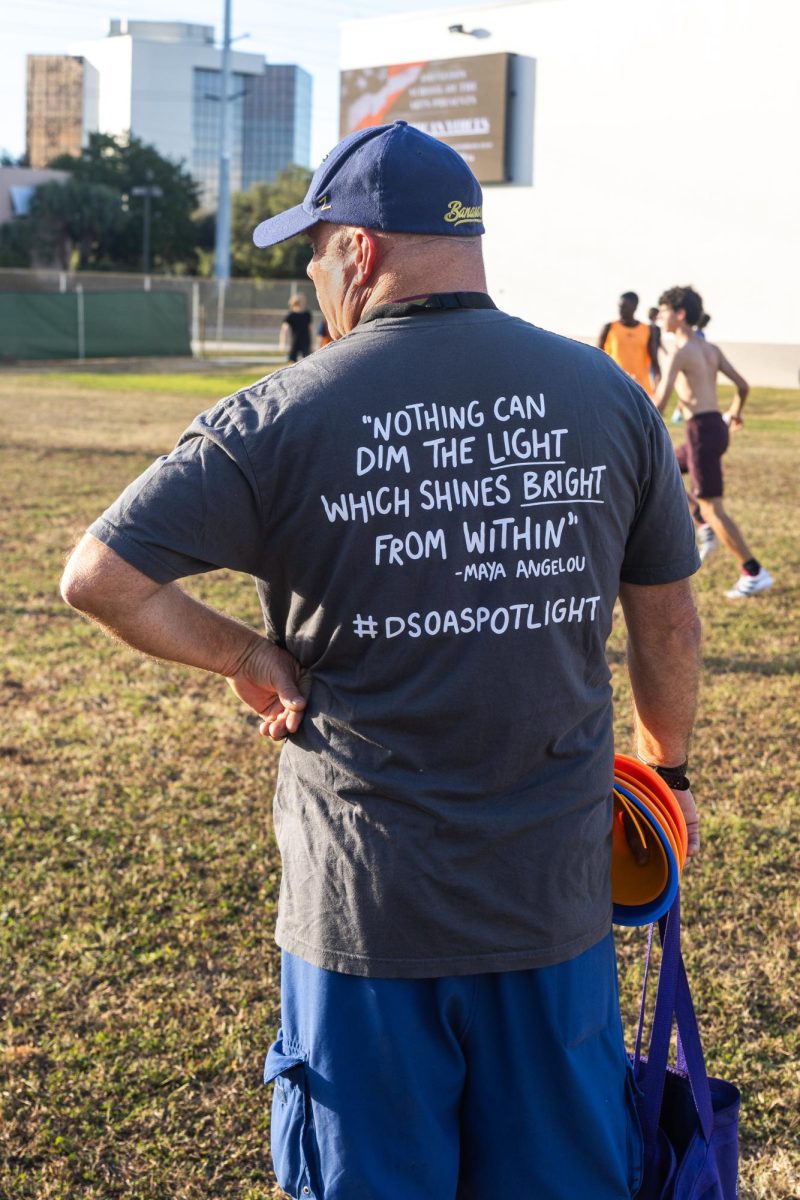
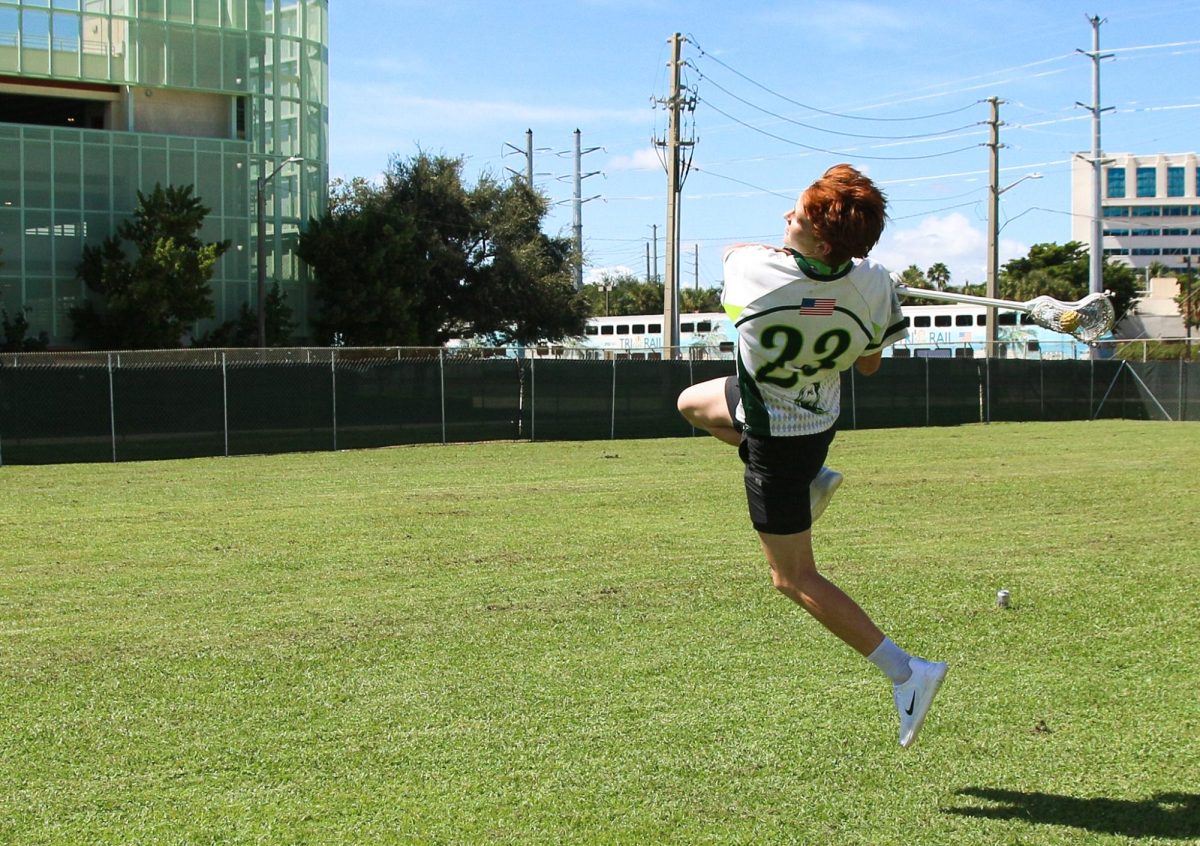

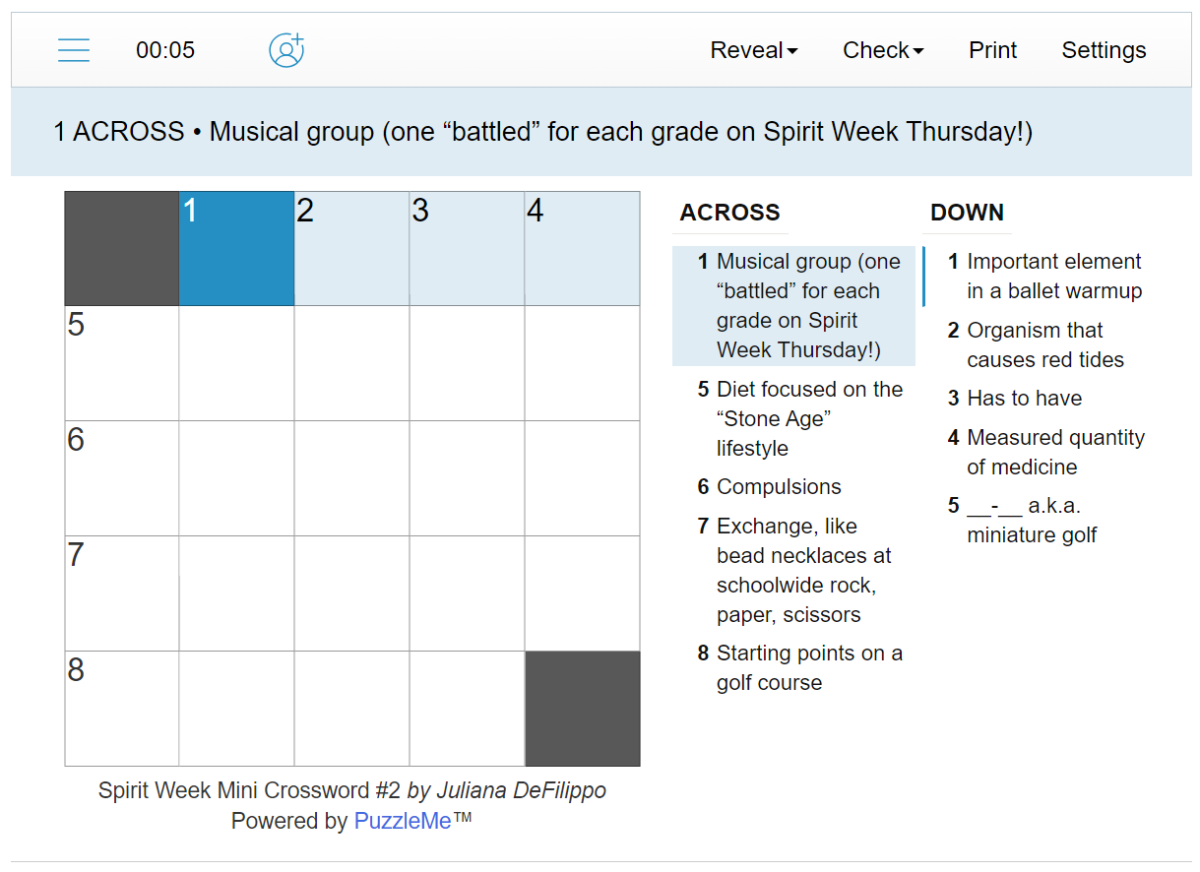
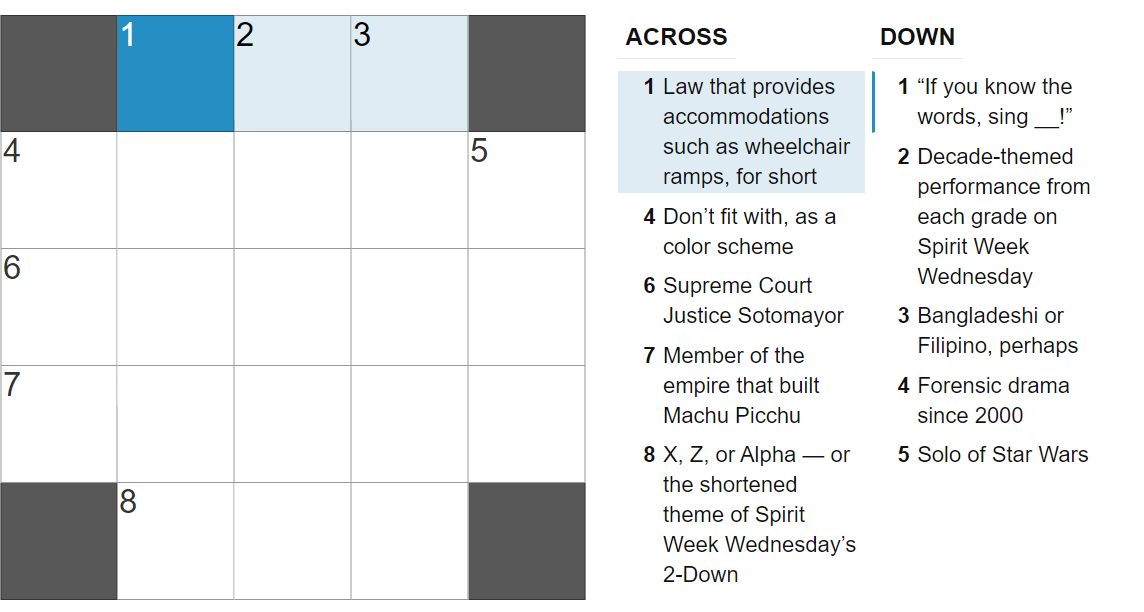

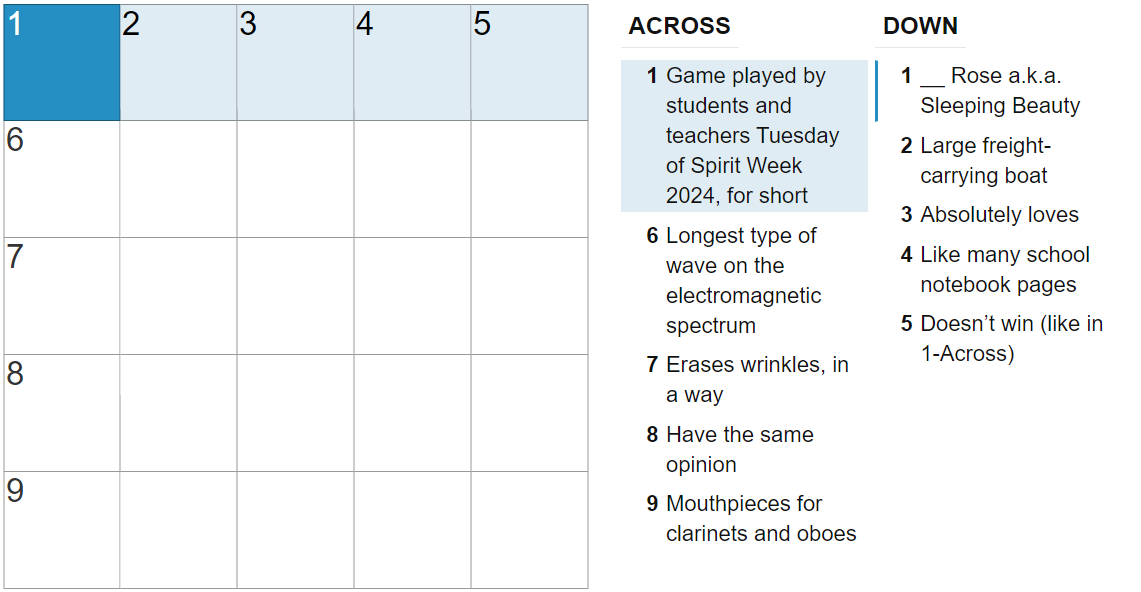
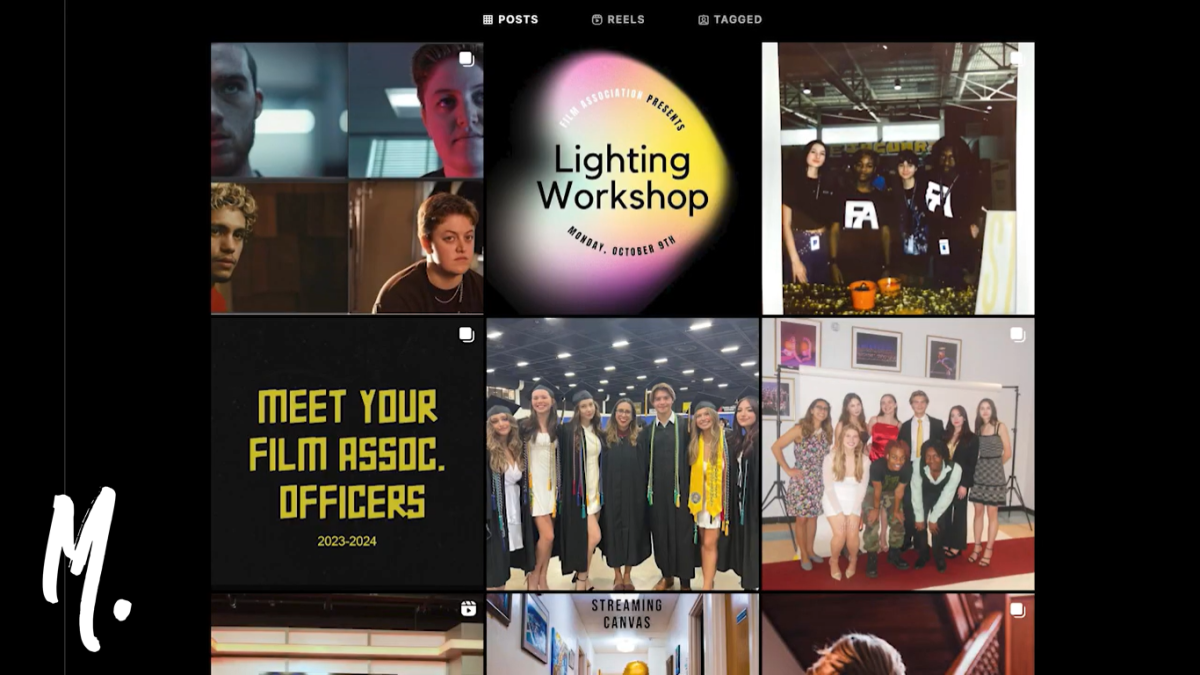
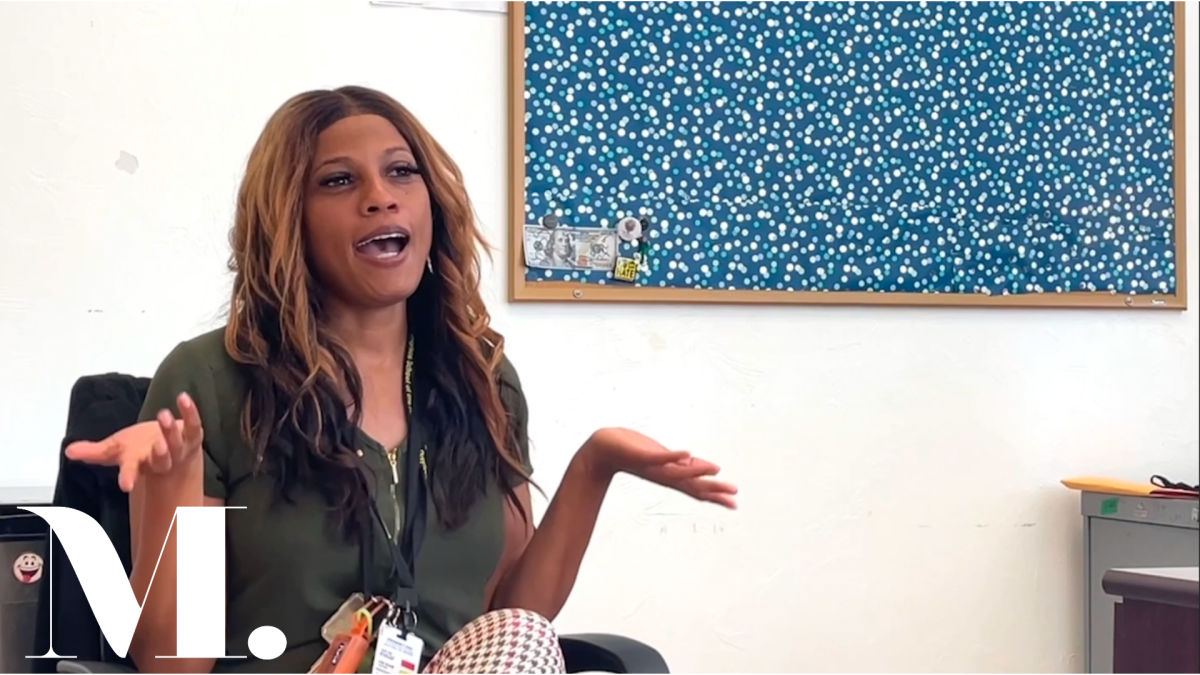
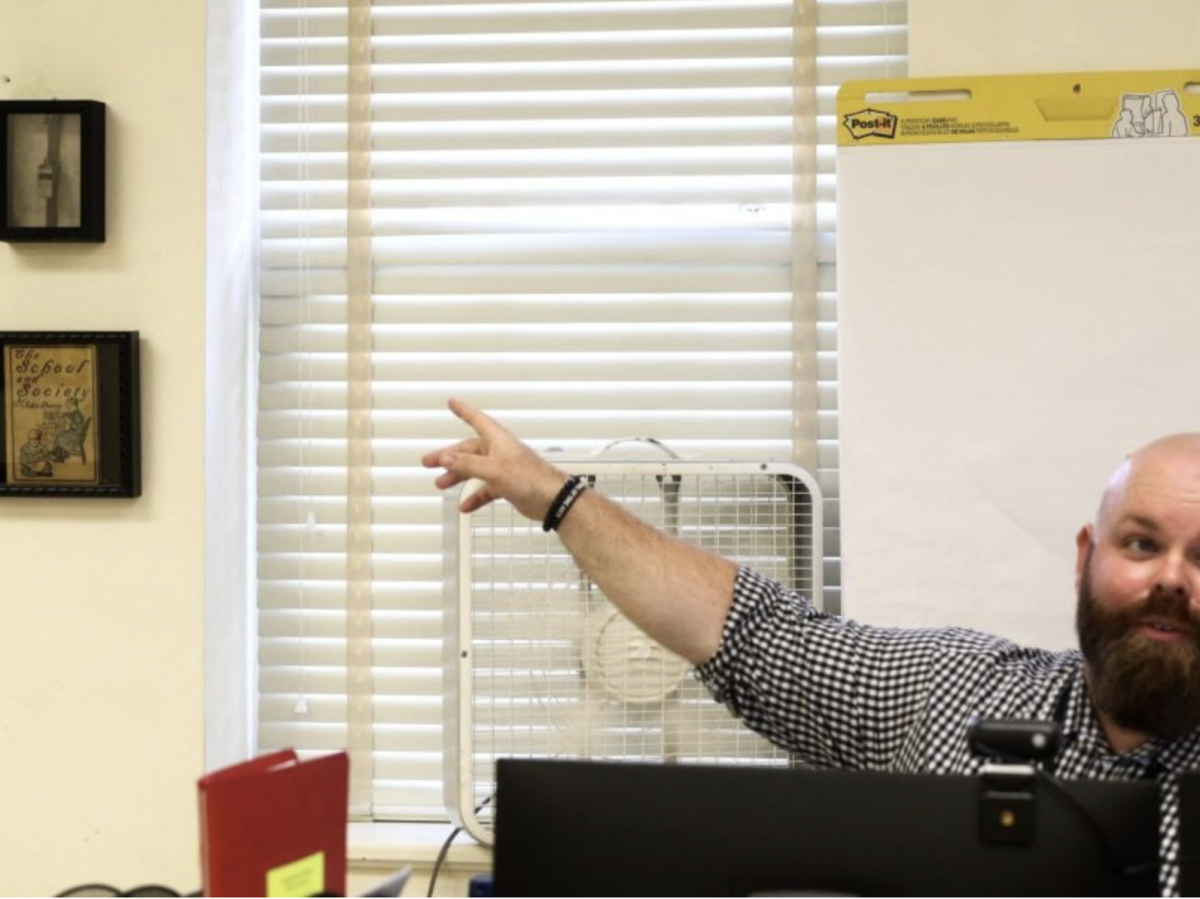
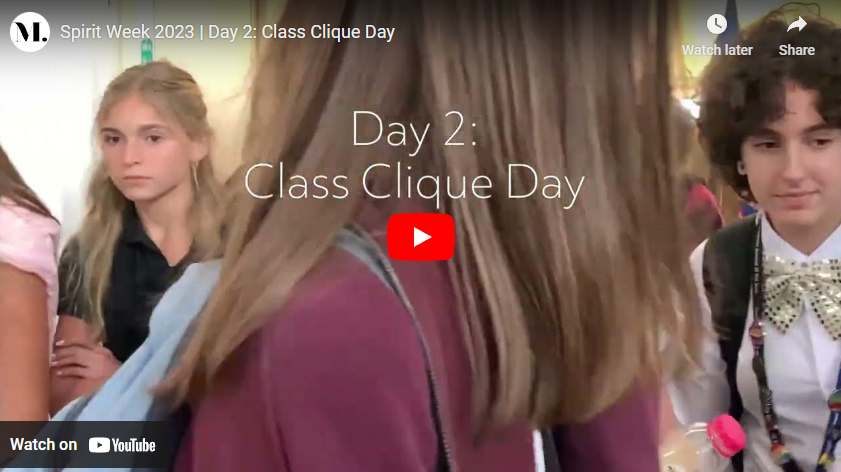
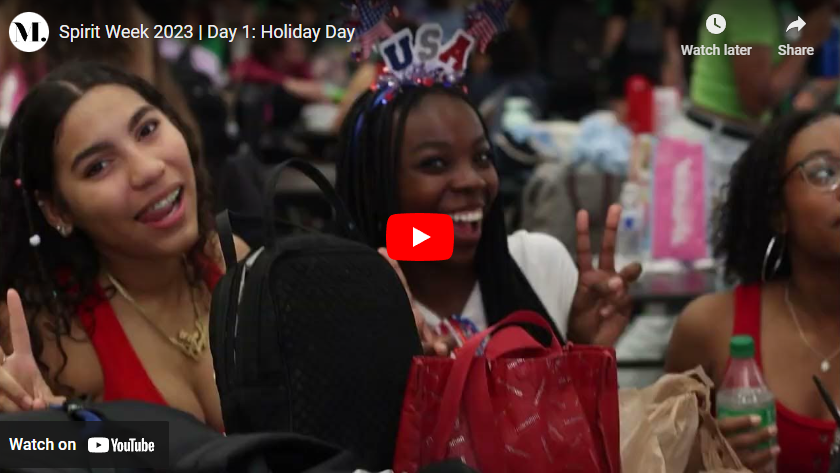
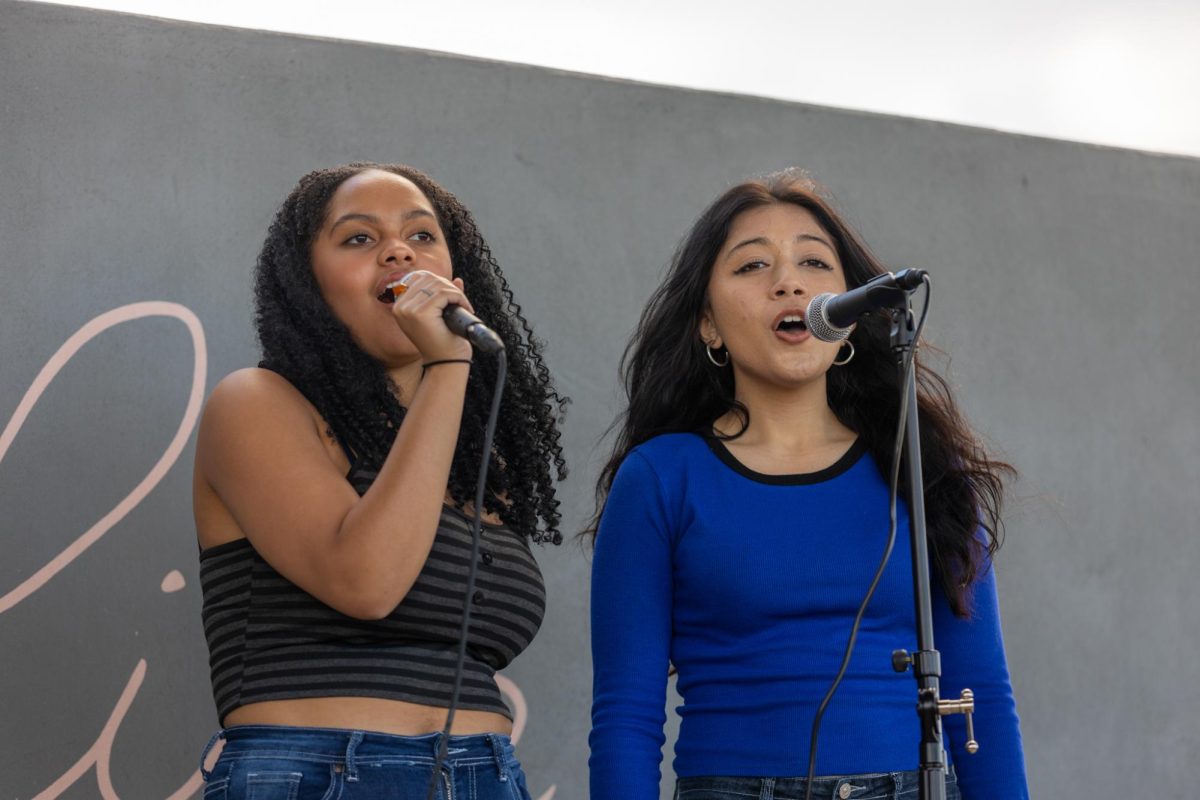
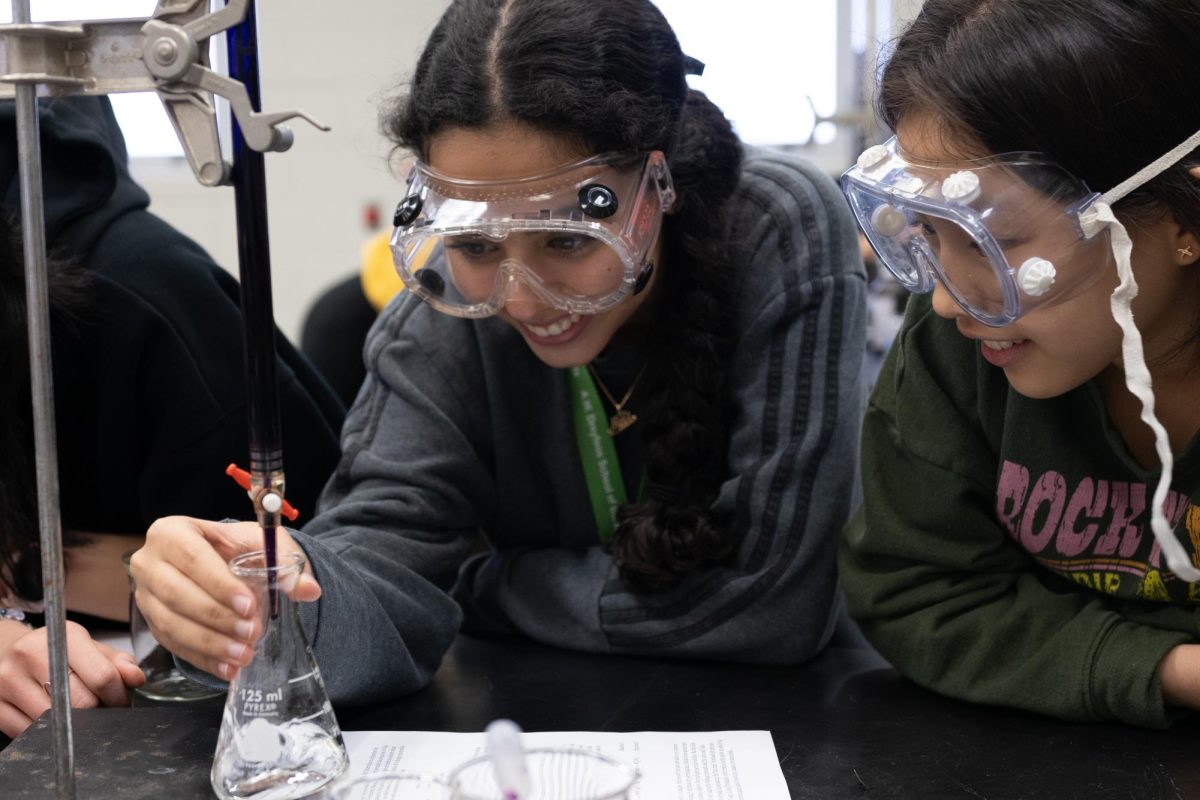
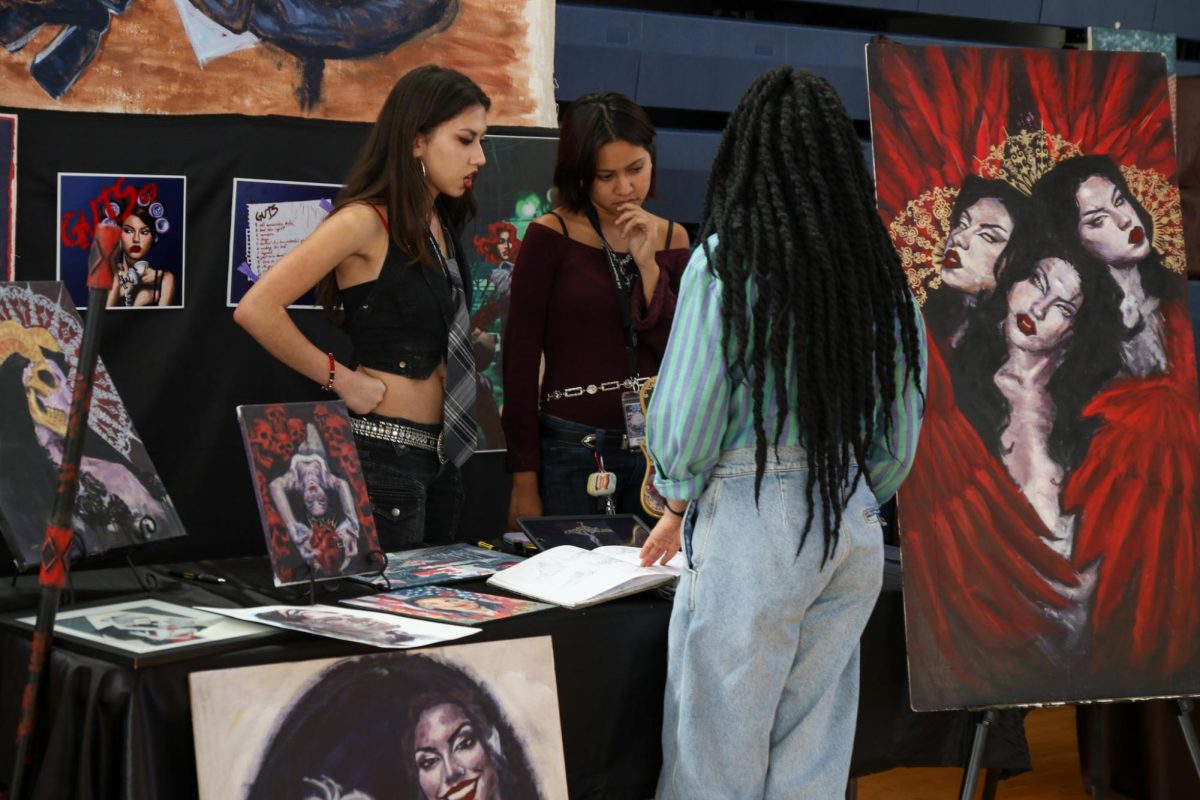

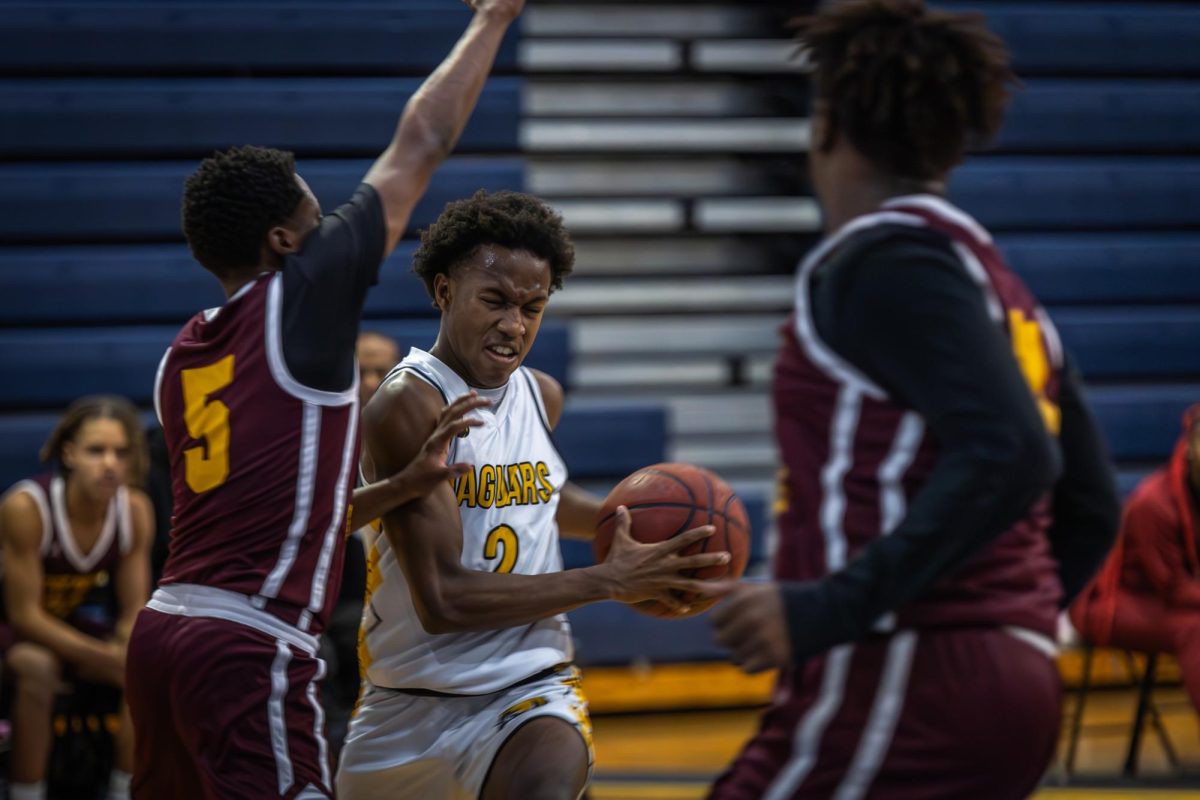



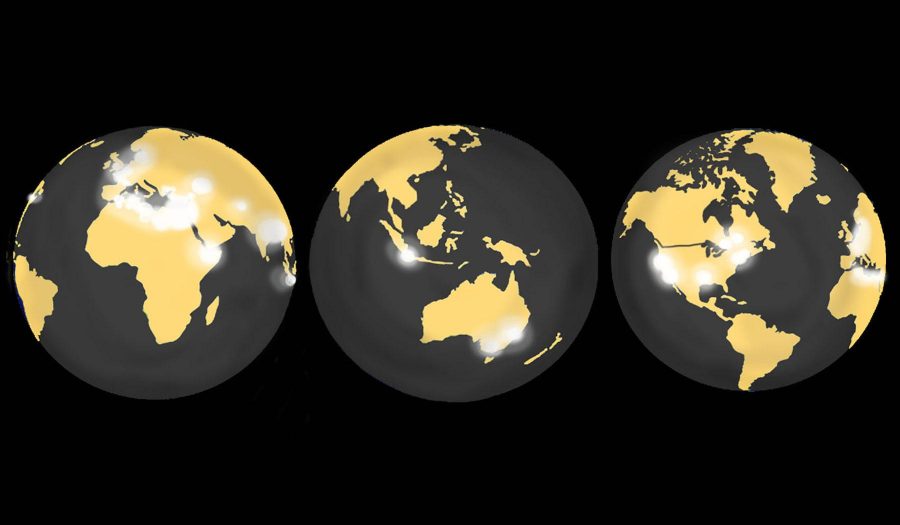
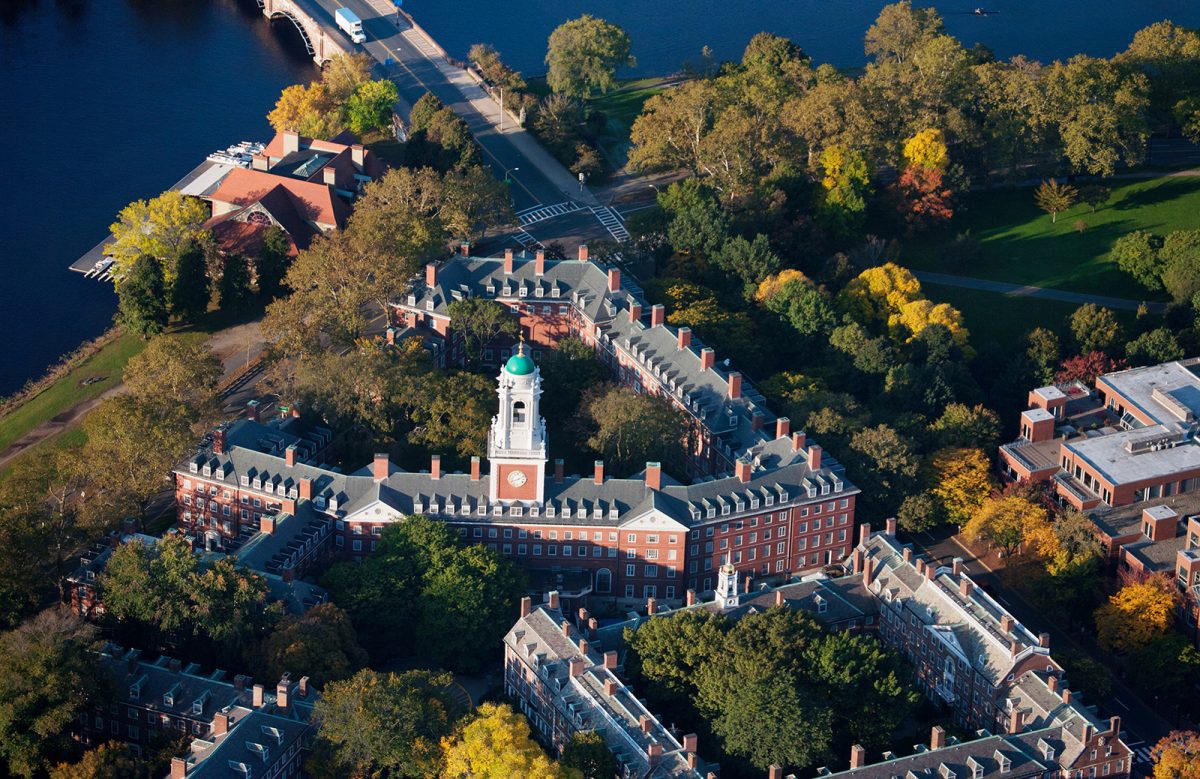
![[SATIRE] 2024: Written in the Stars](https://www.themuseatdreyfoos.com/wp-content/uploads/2024/01/front.png)


